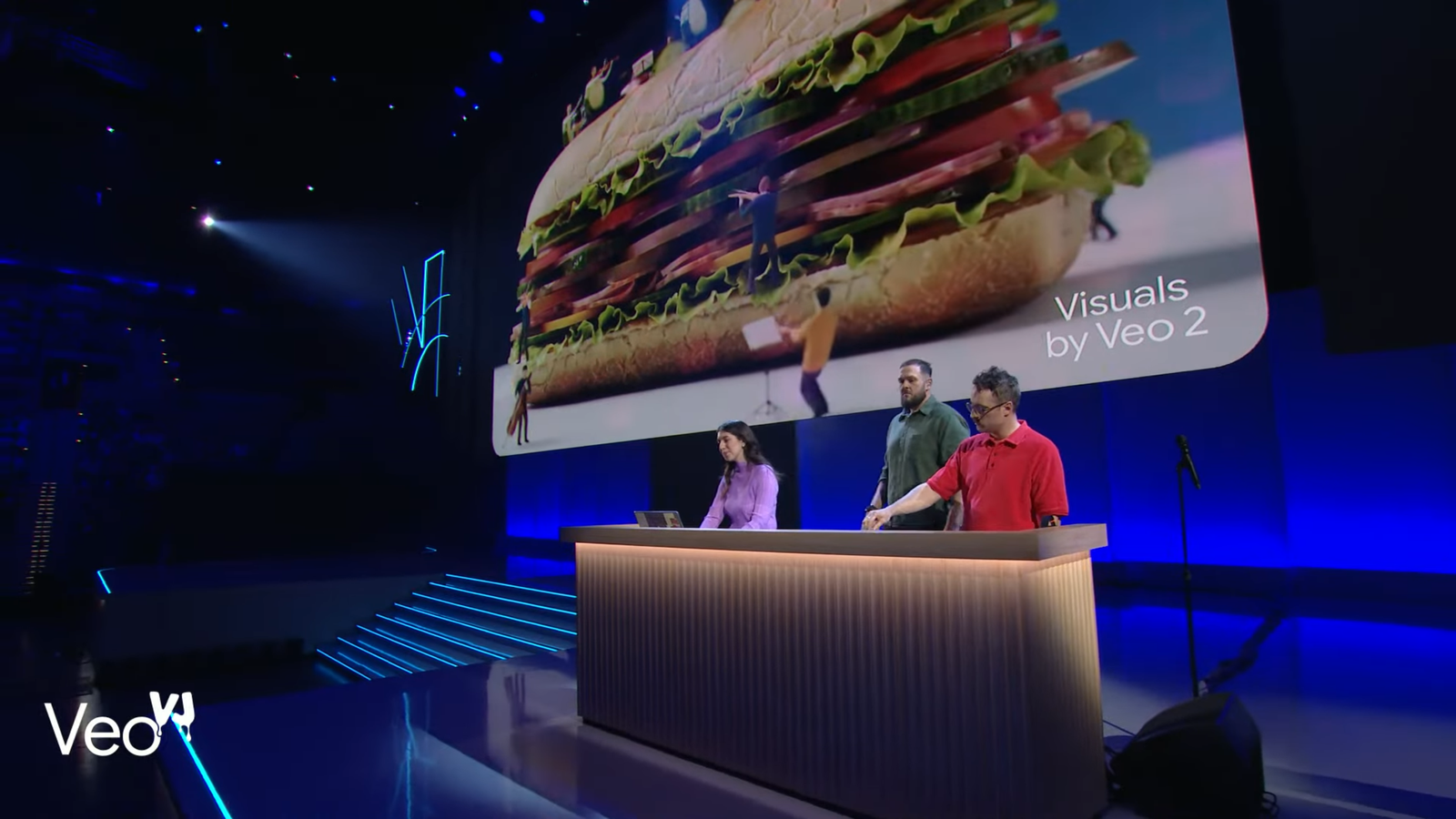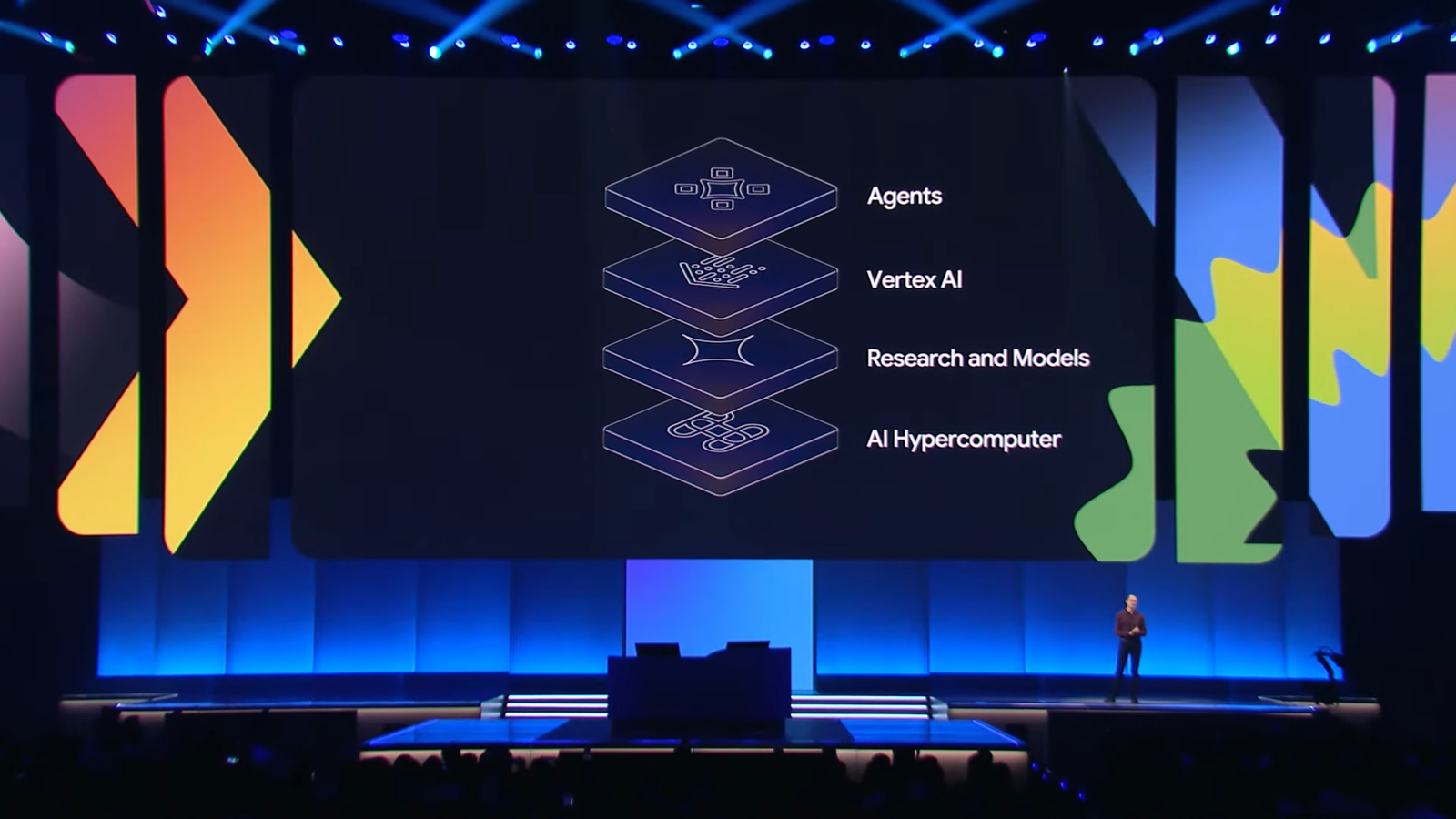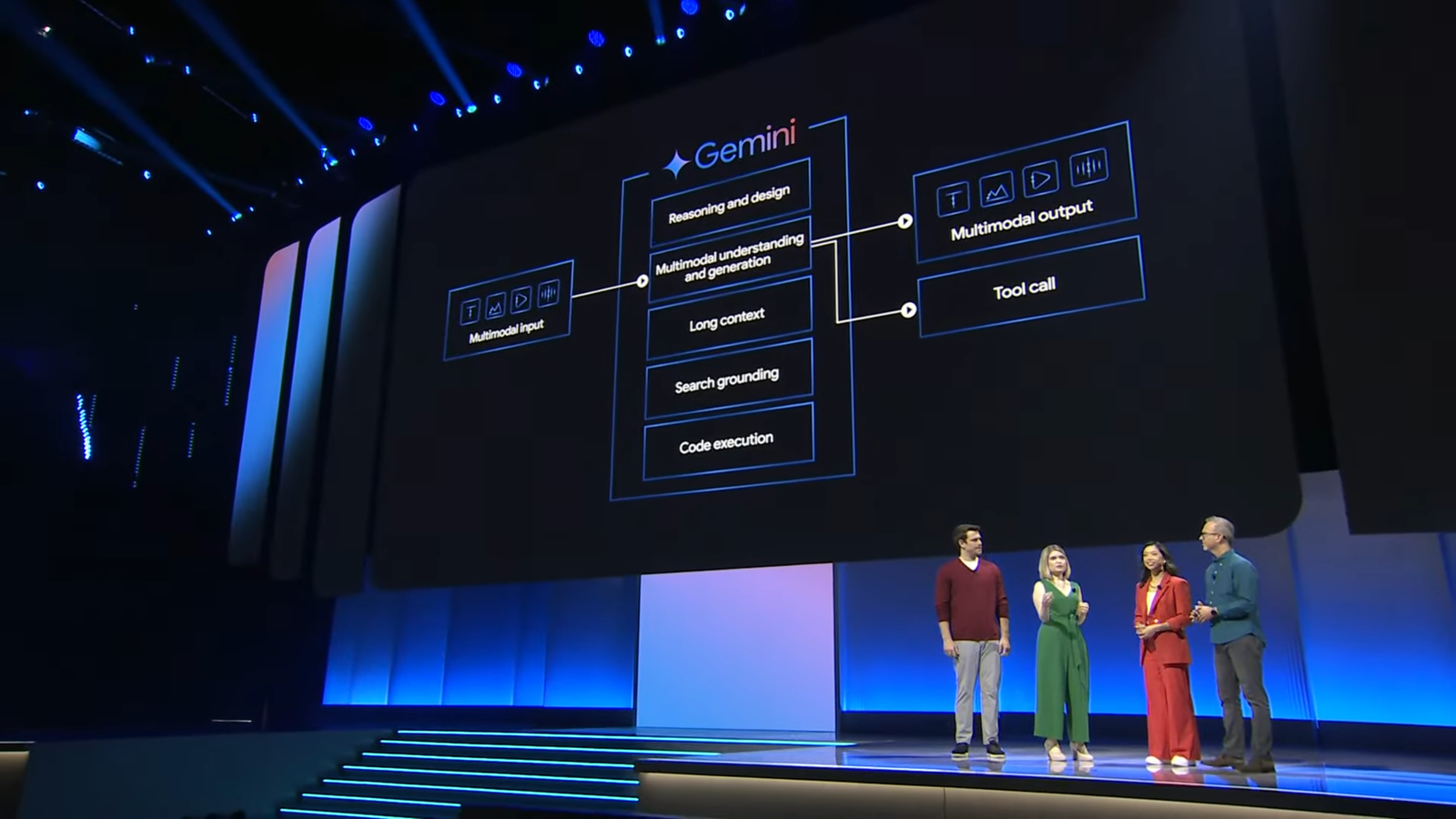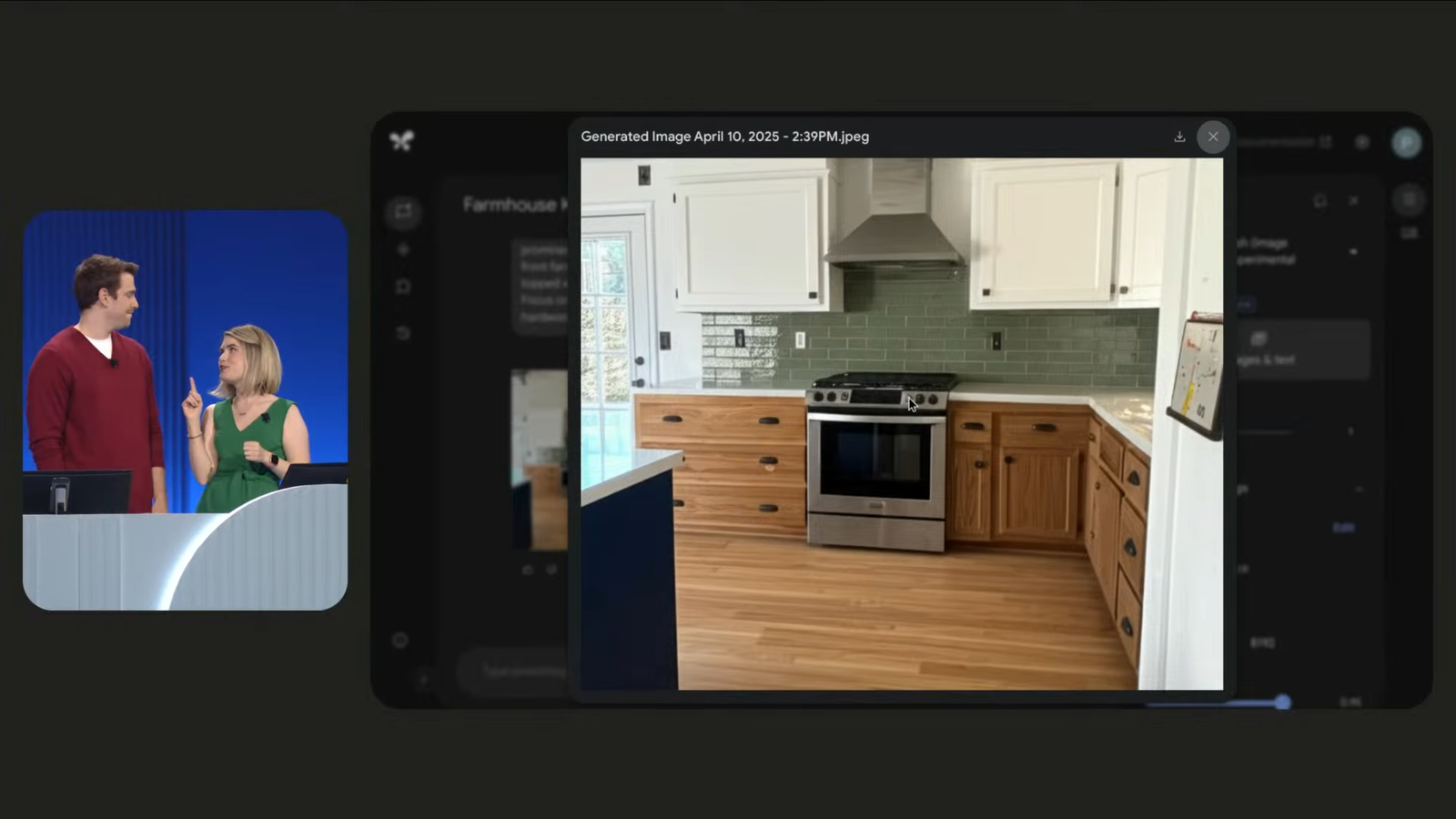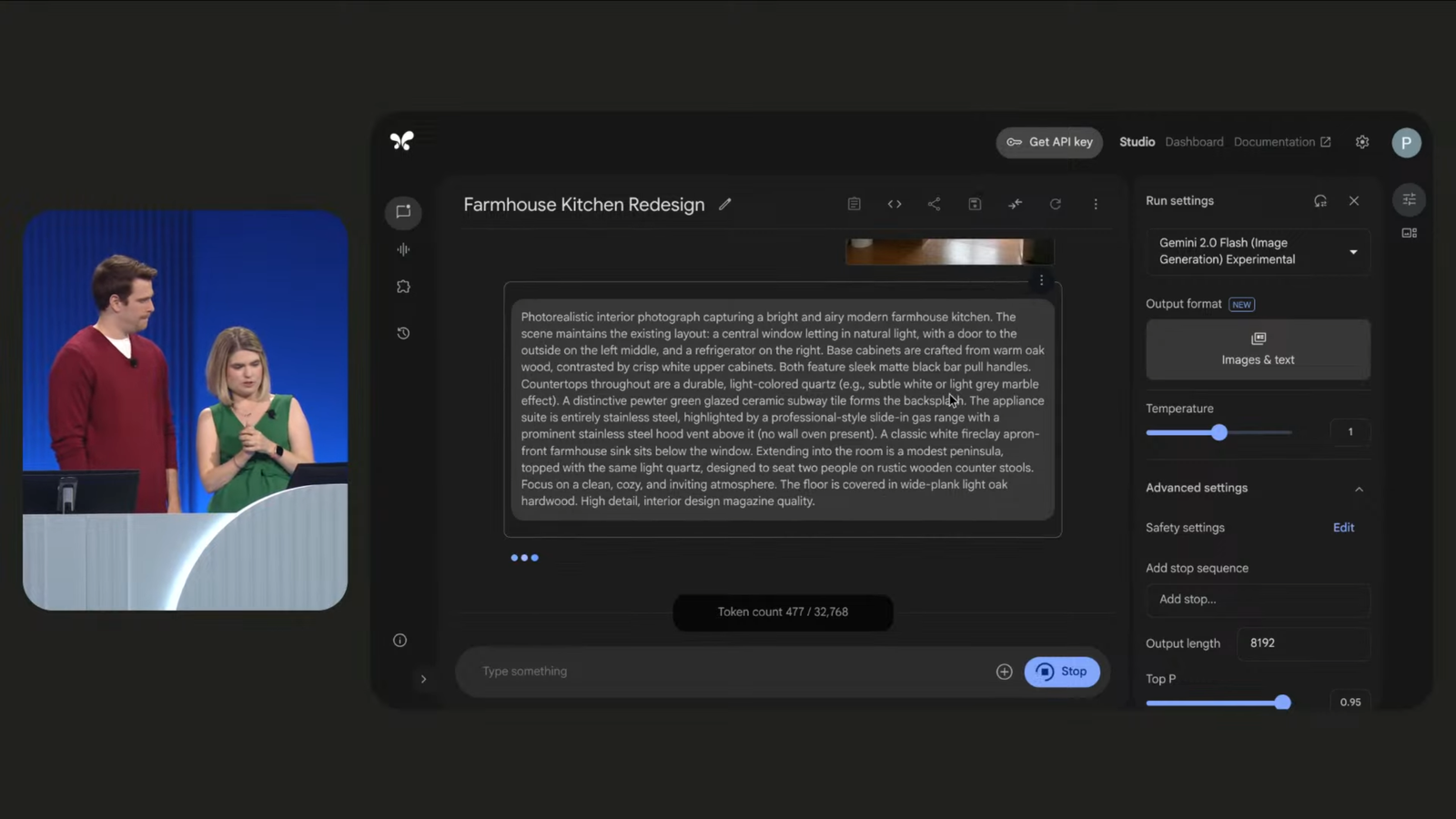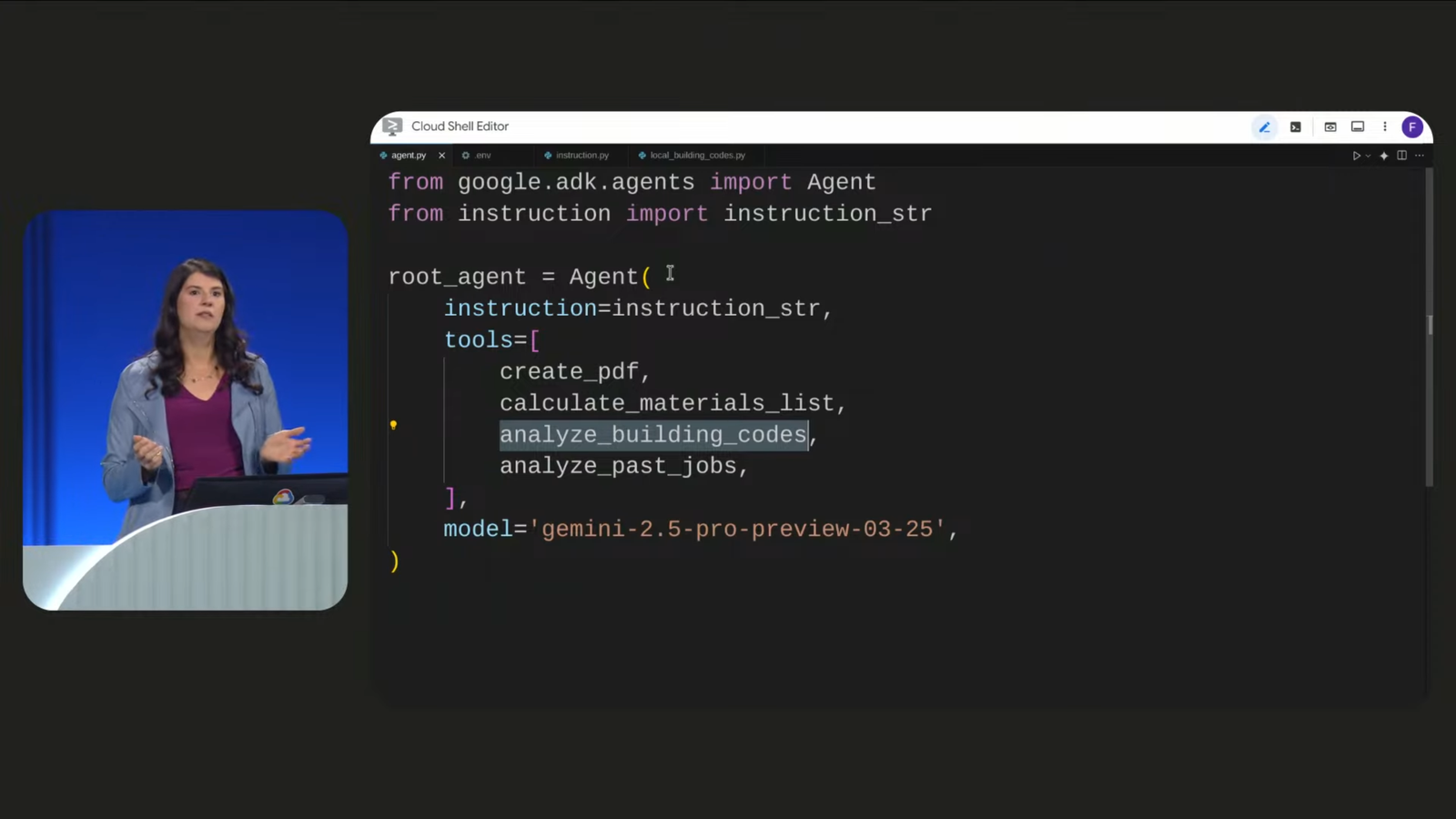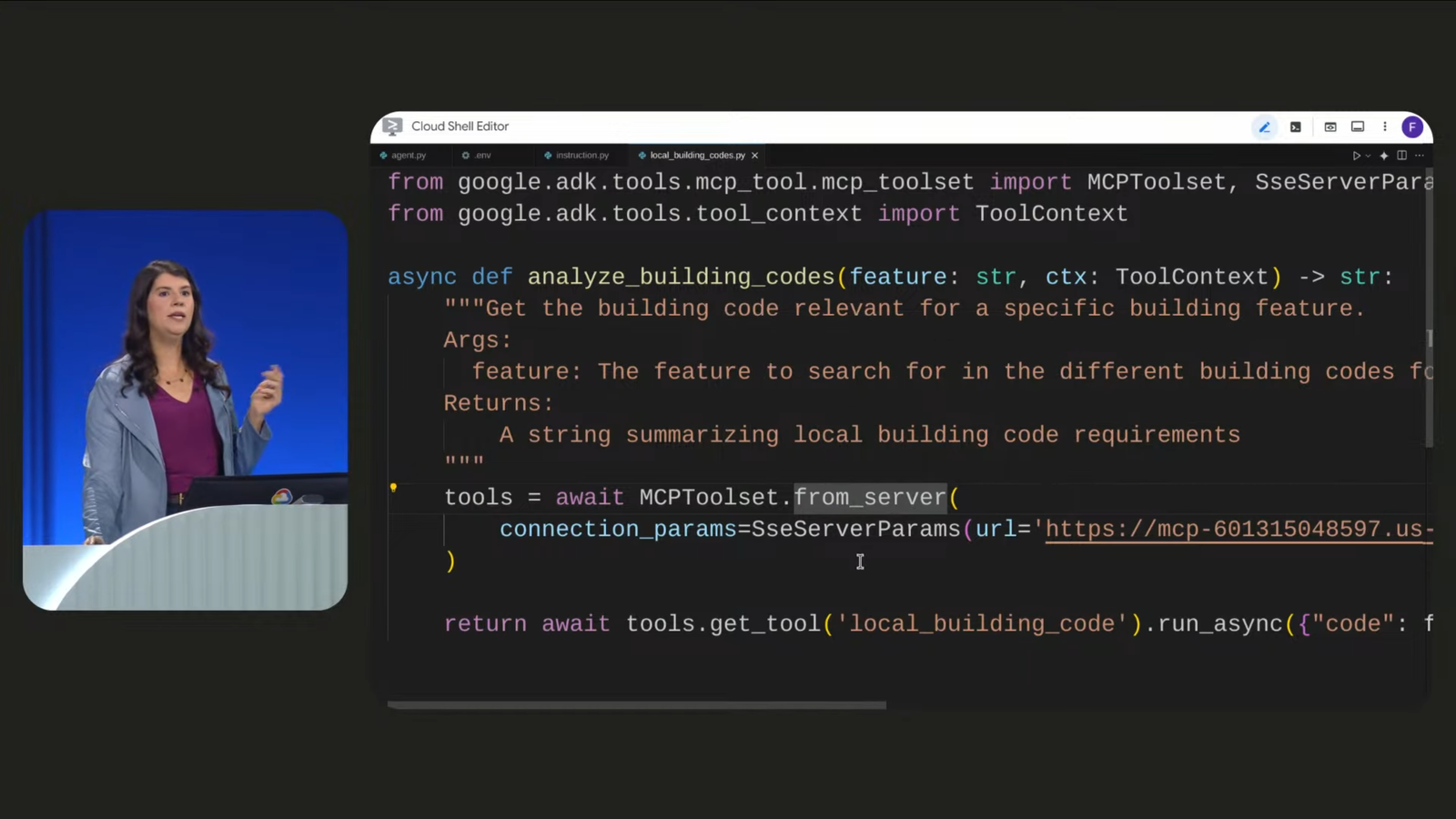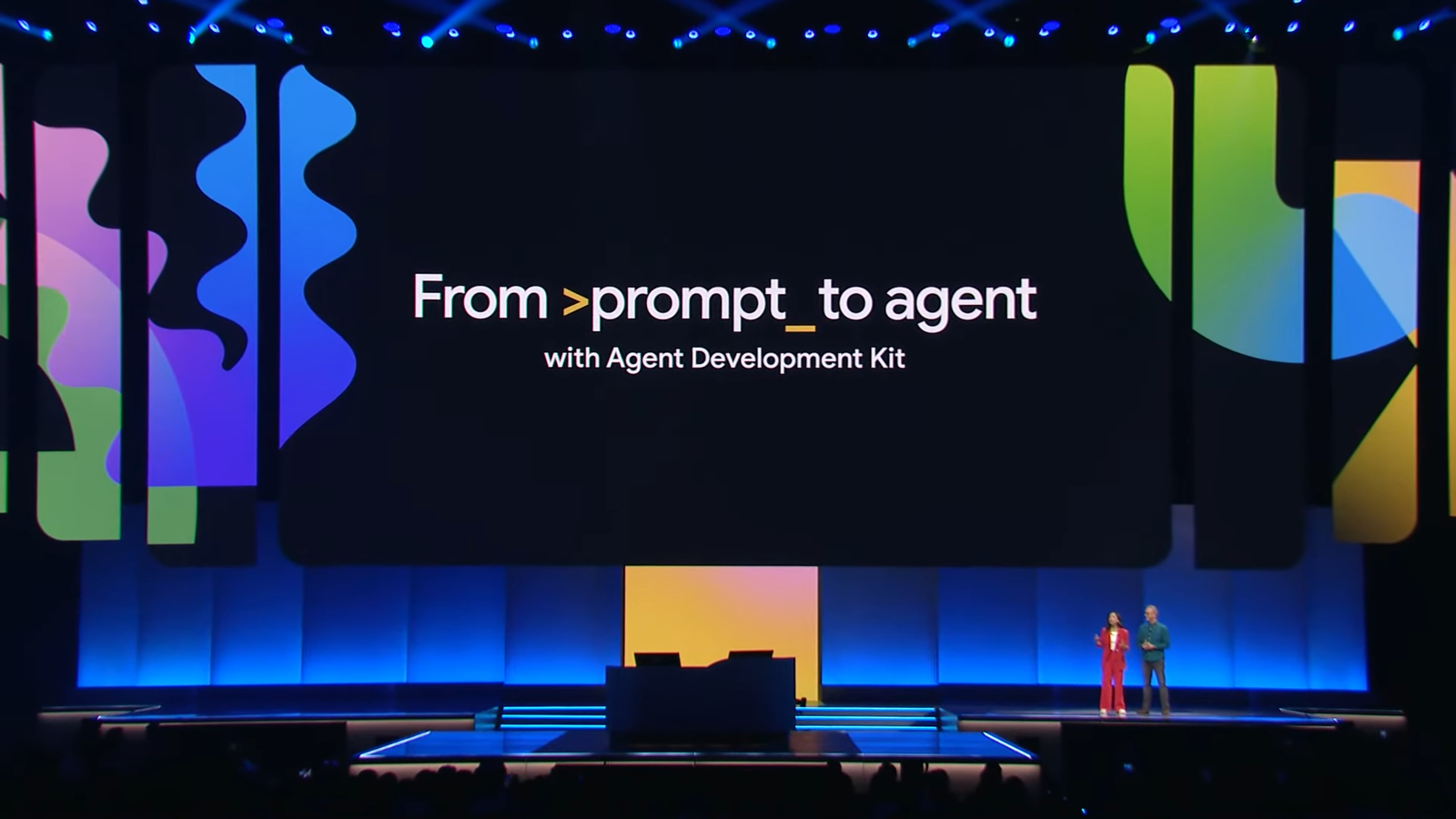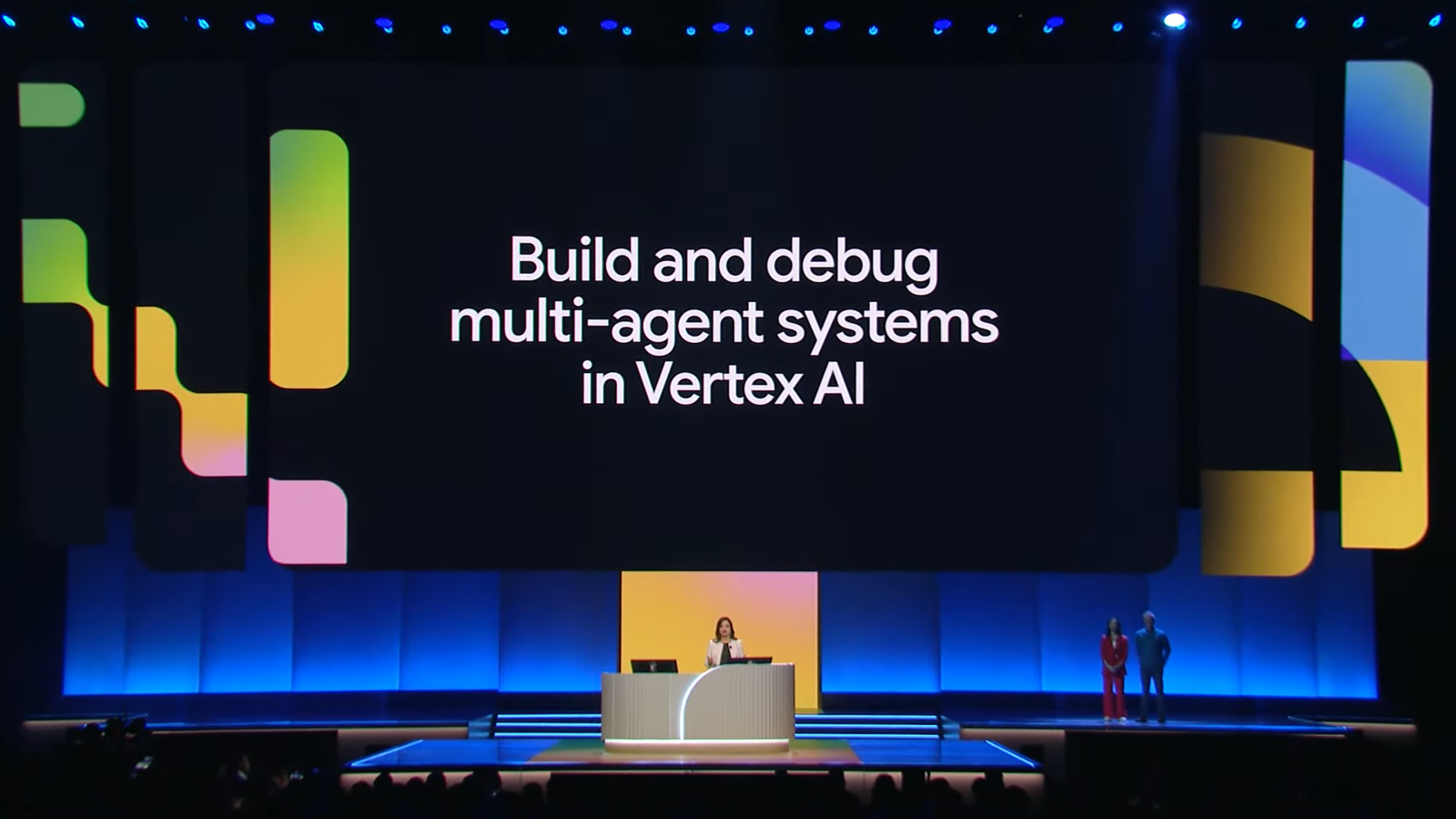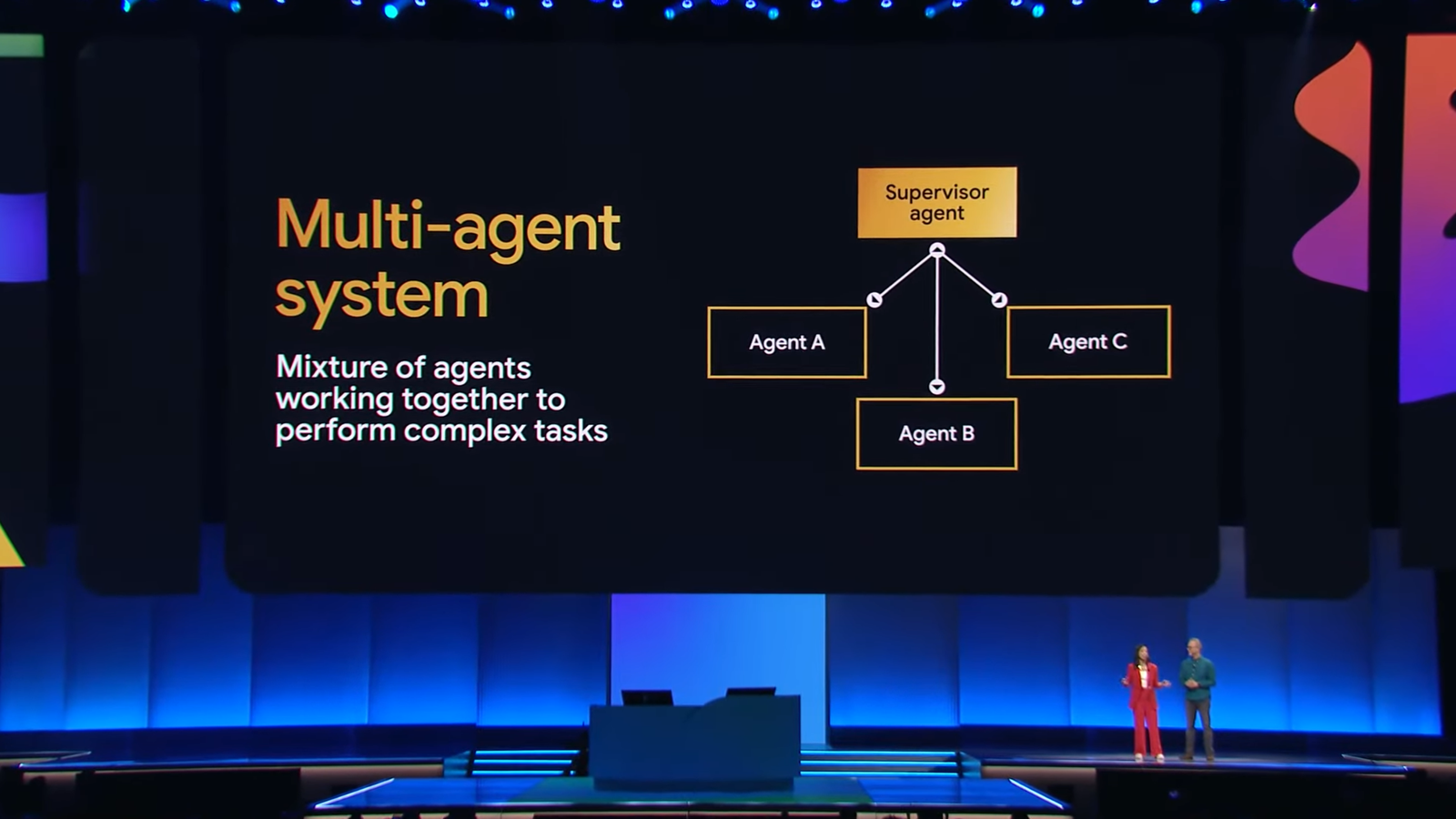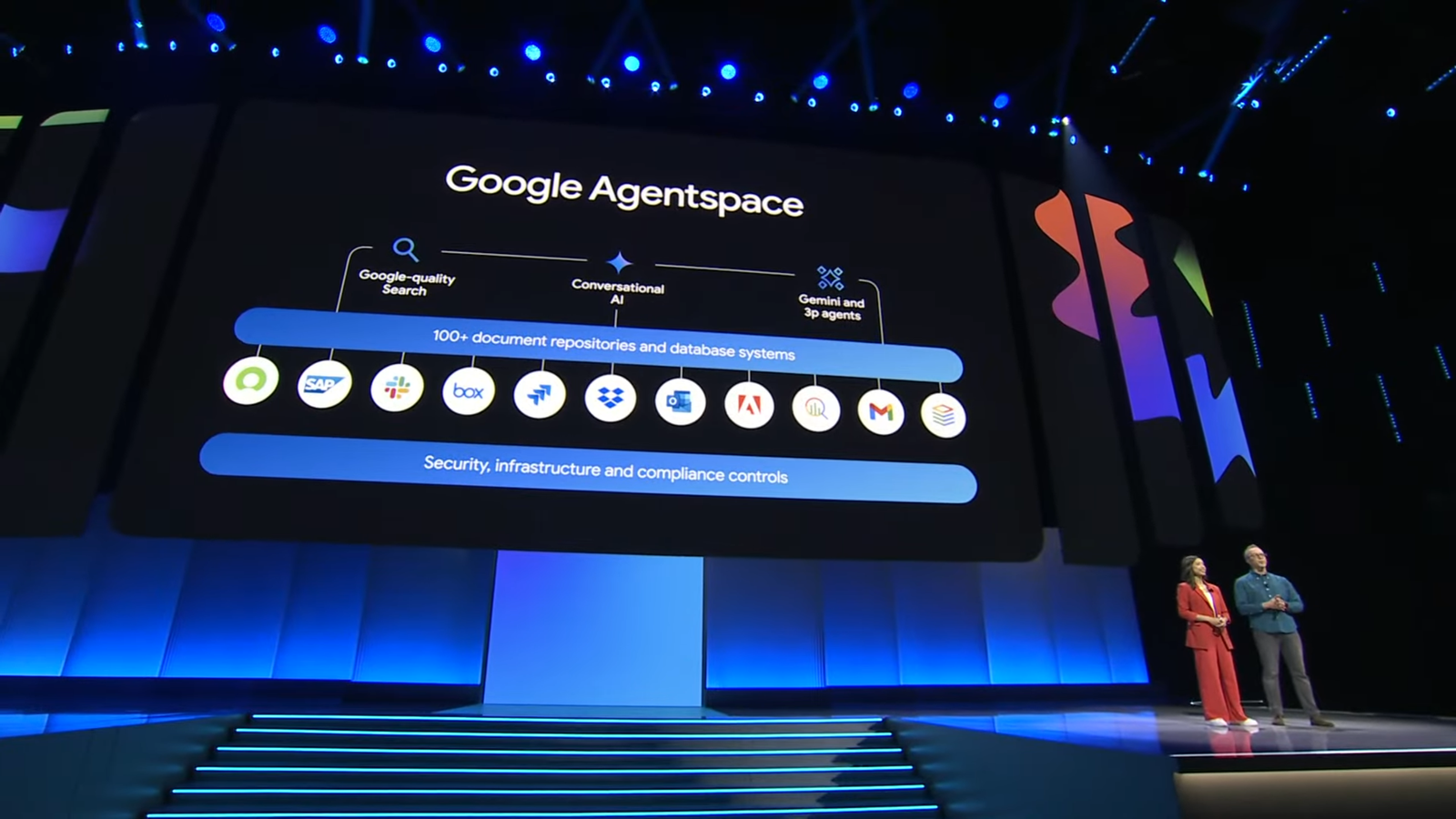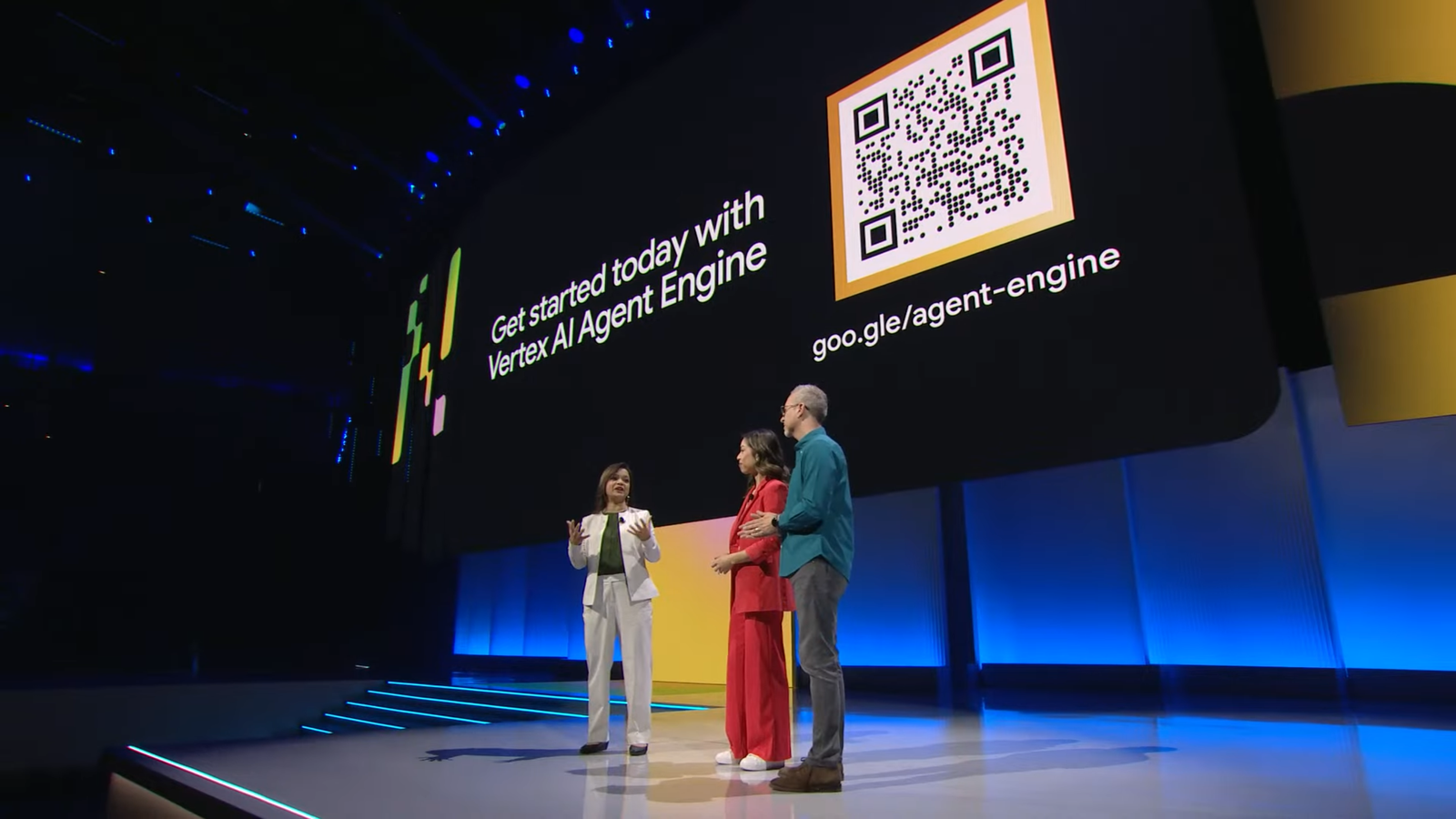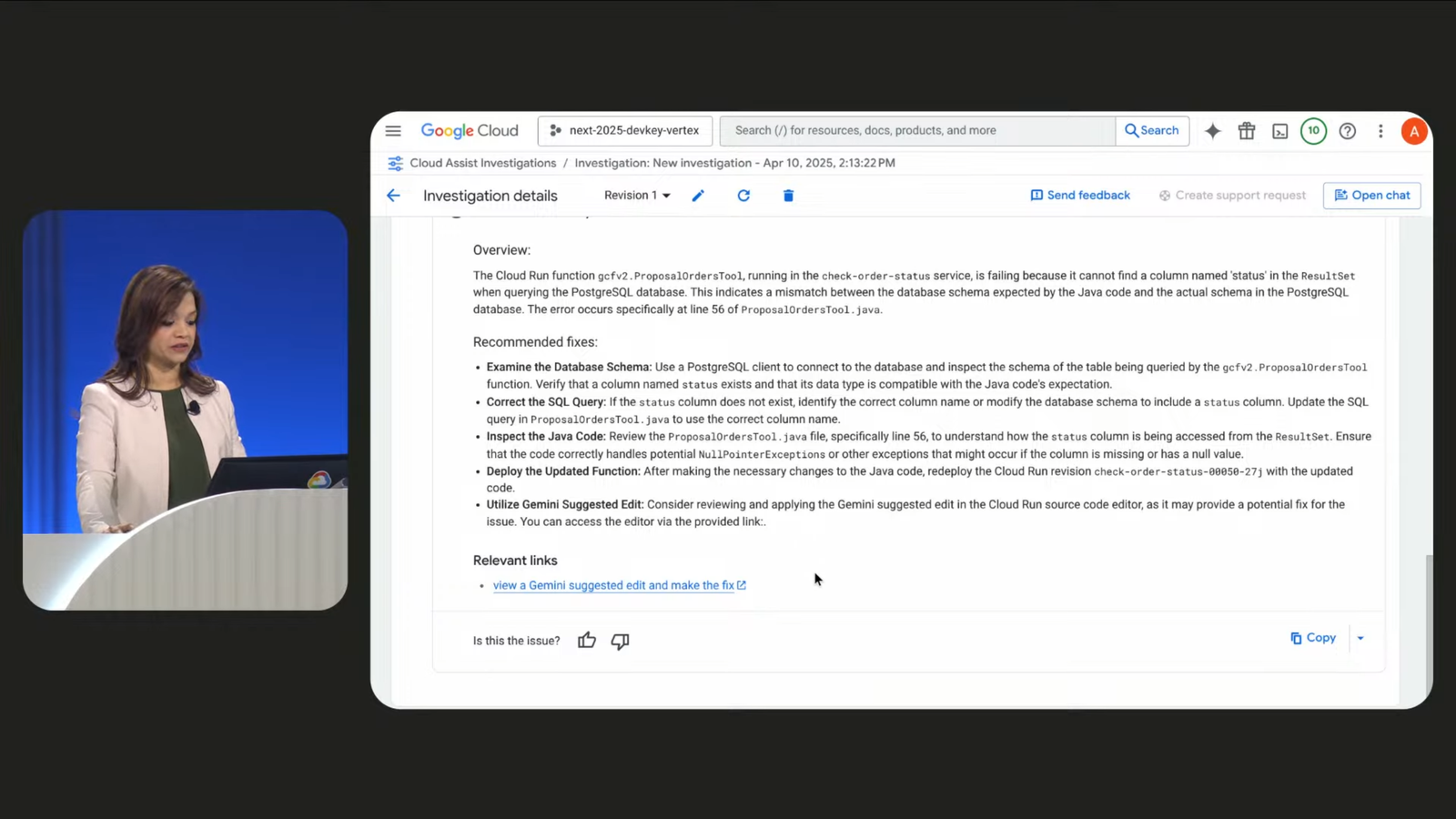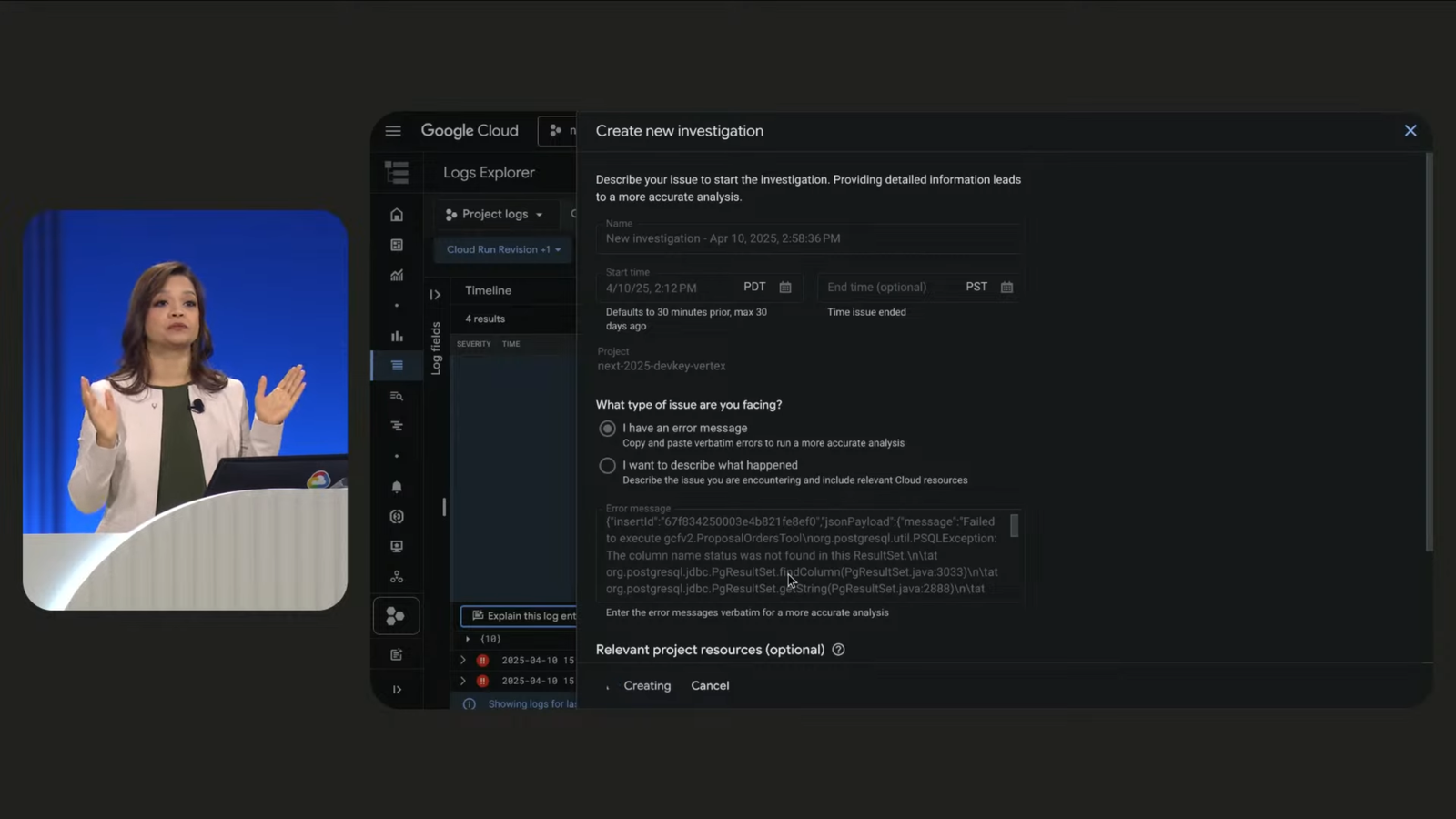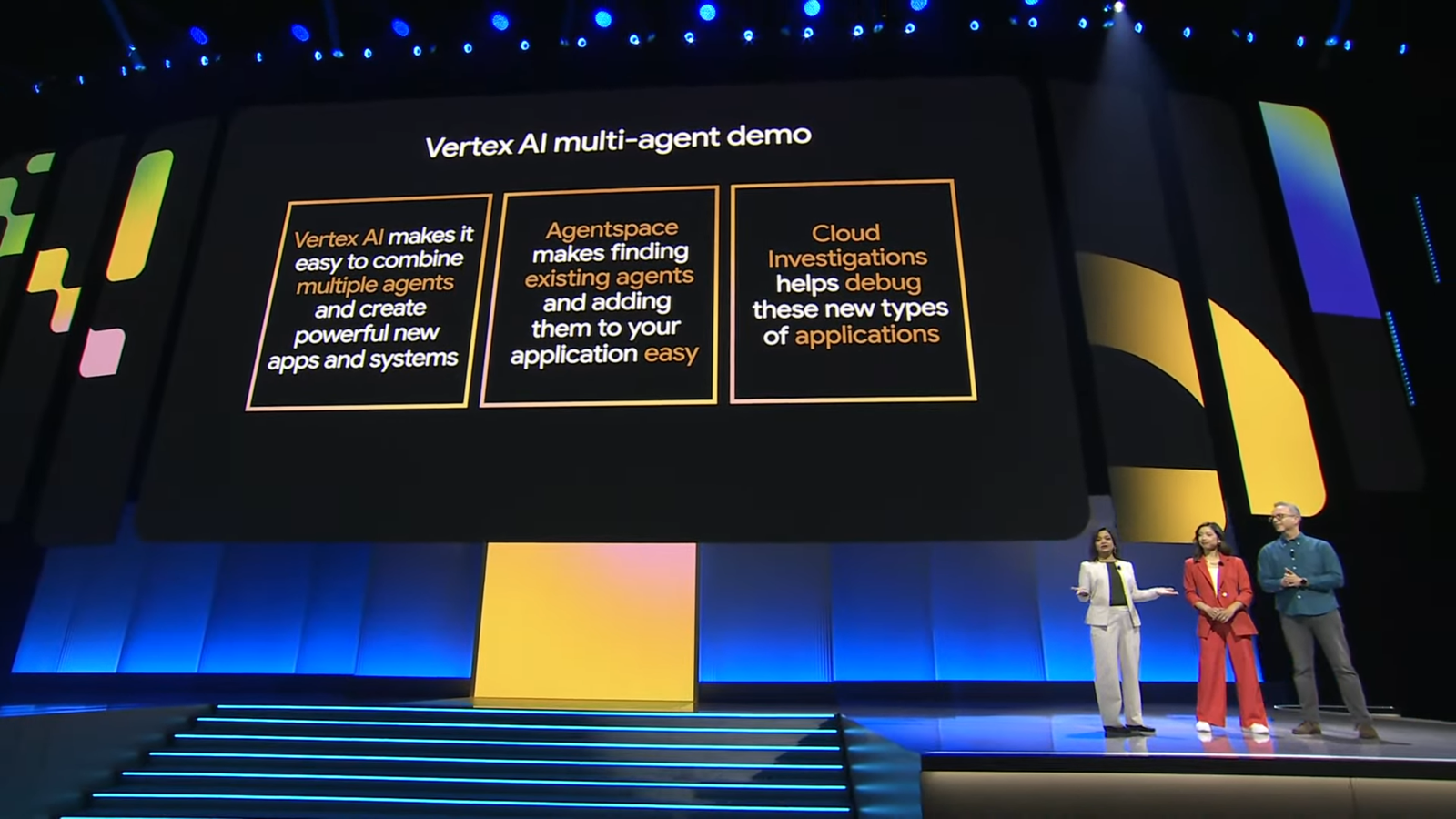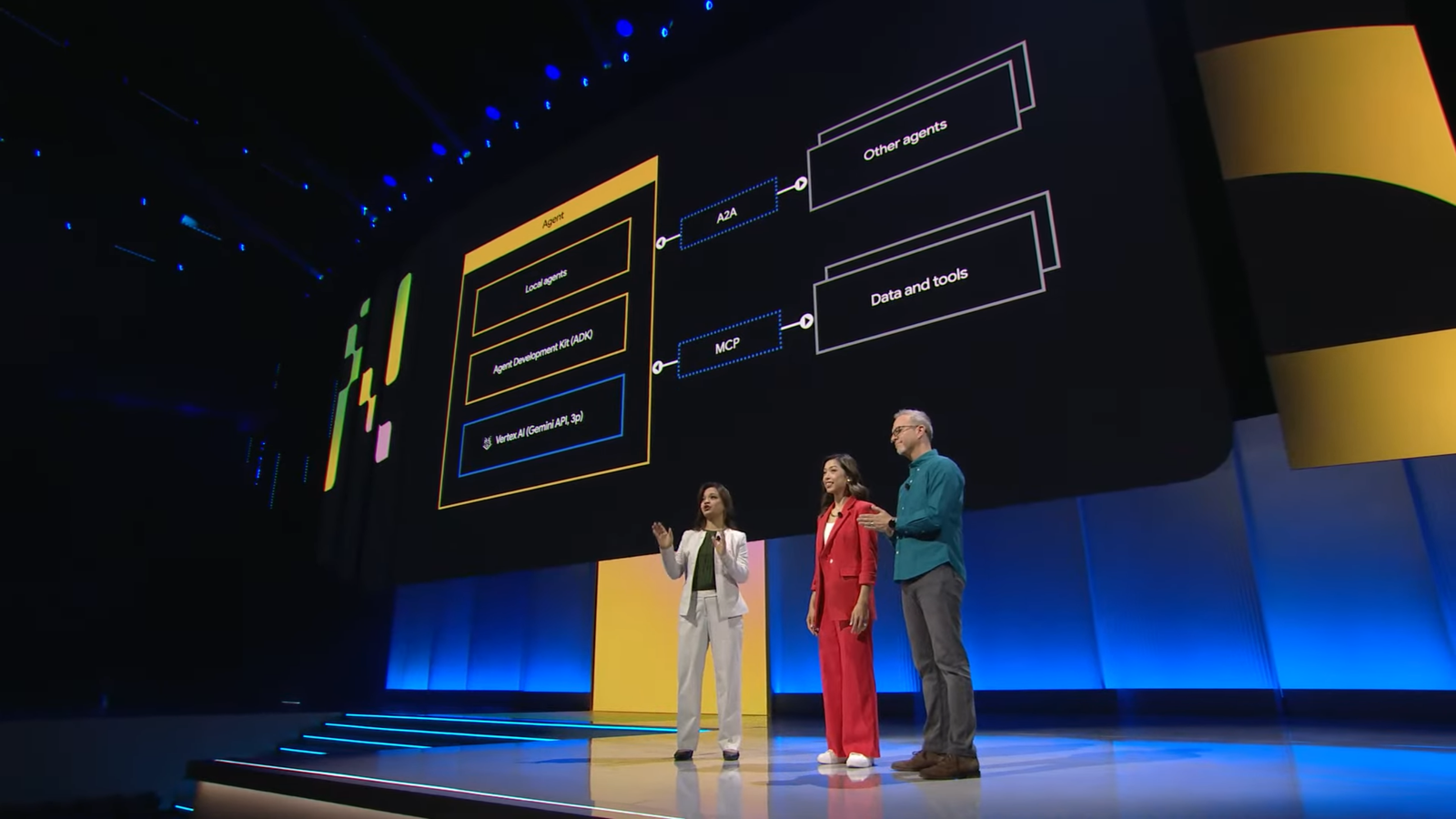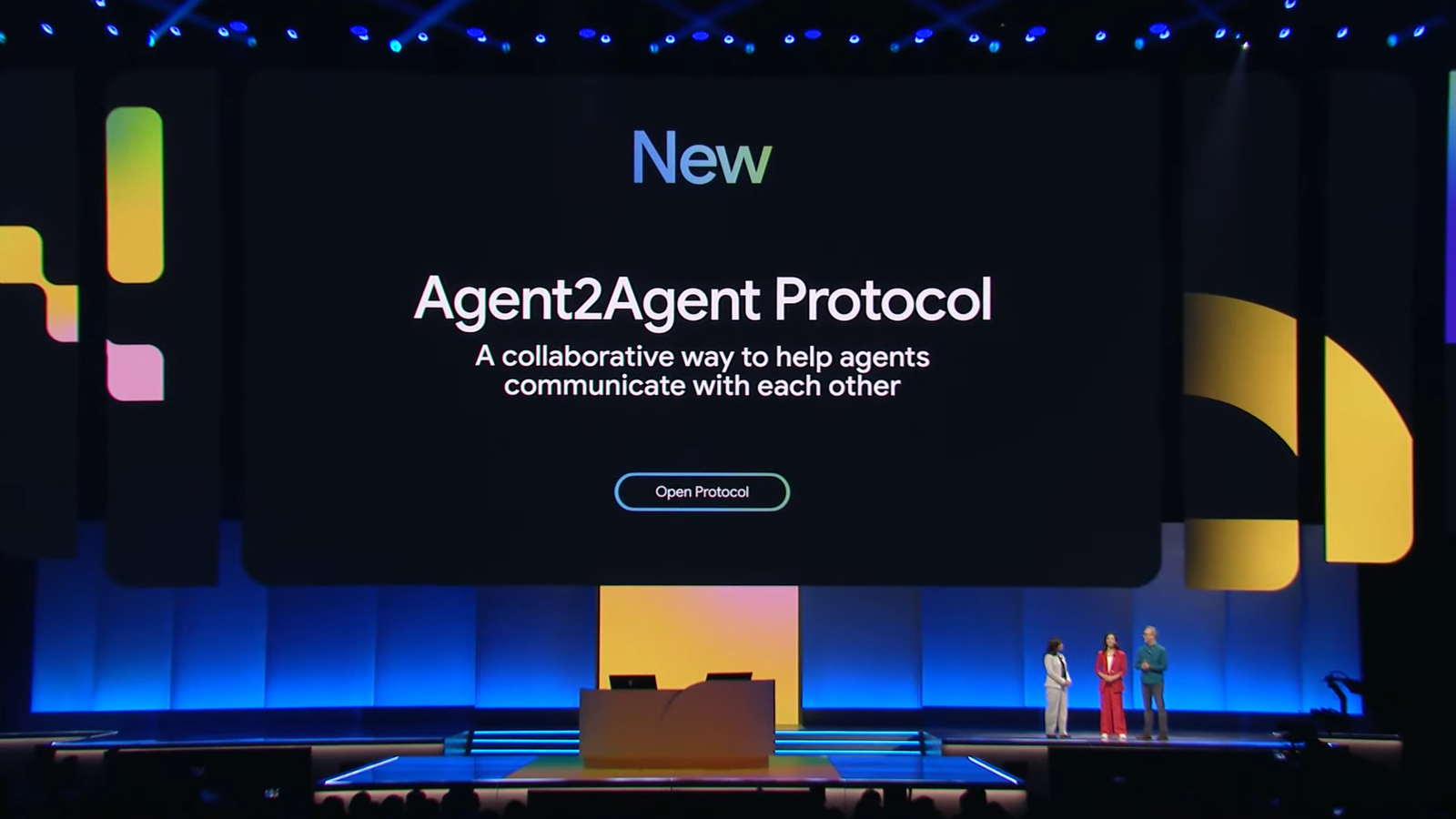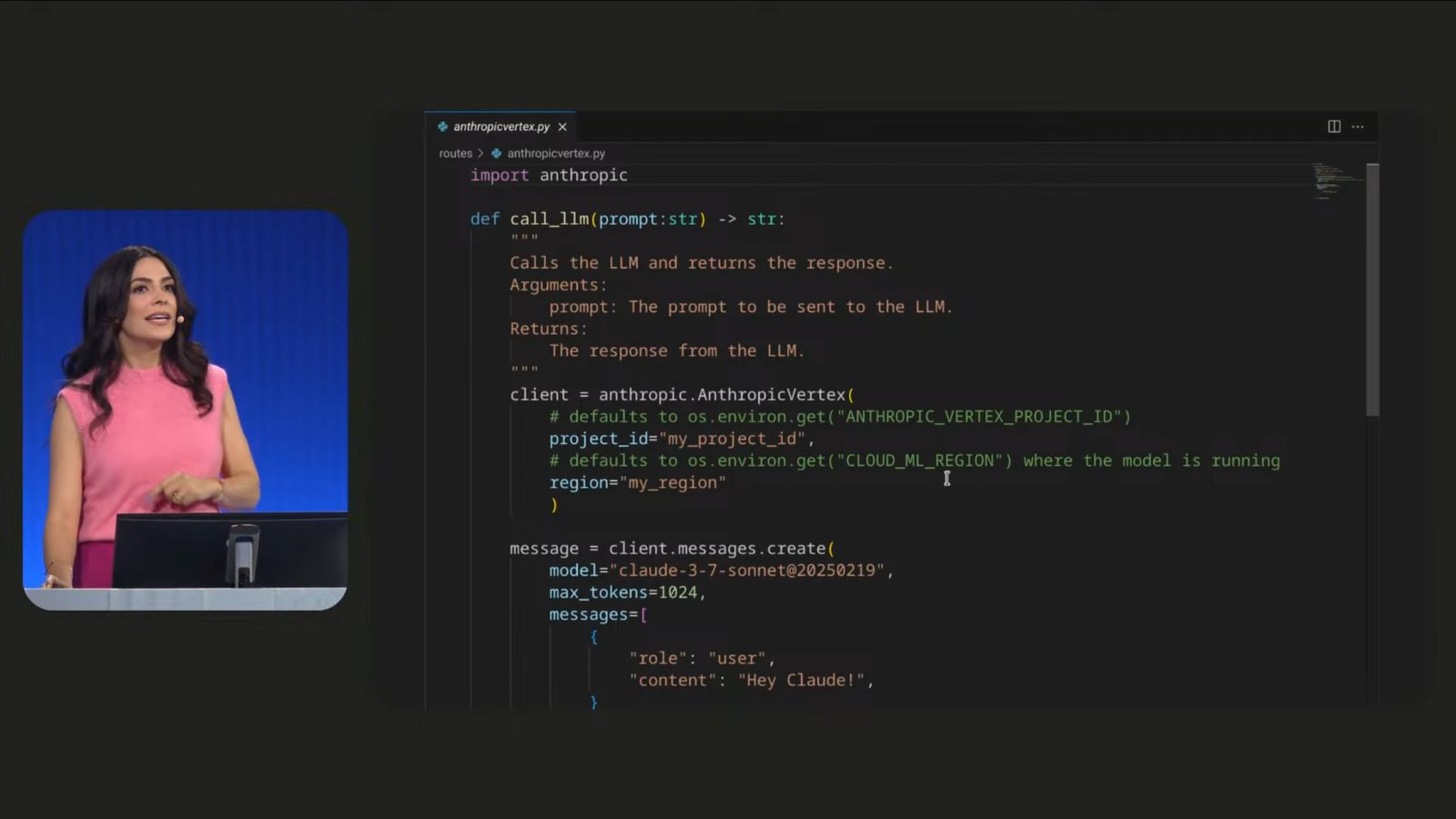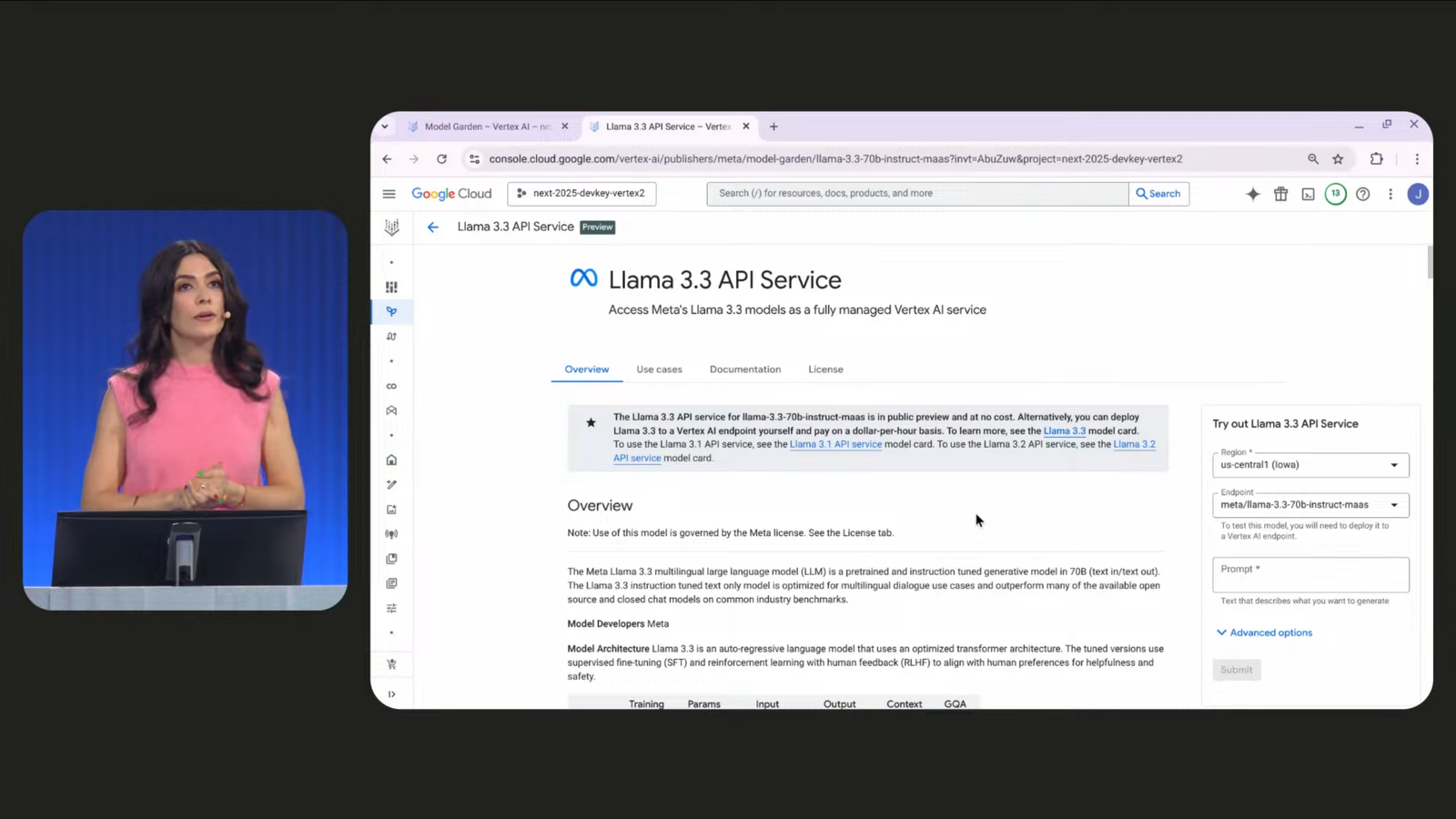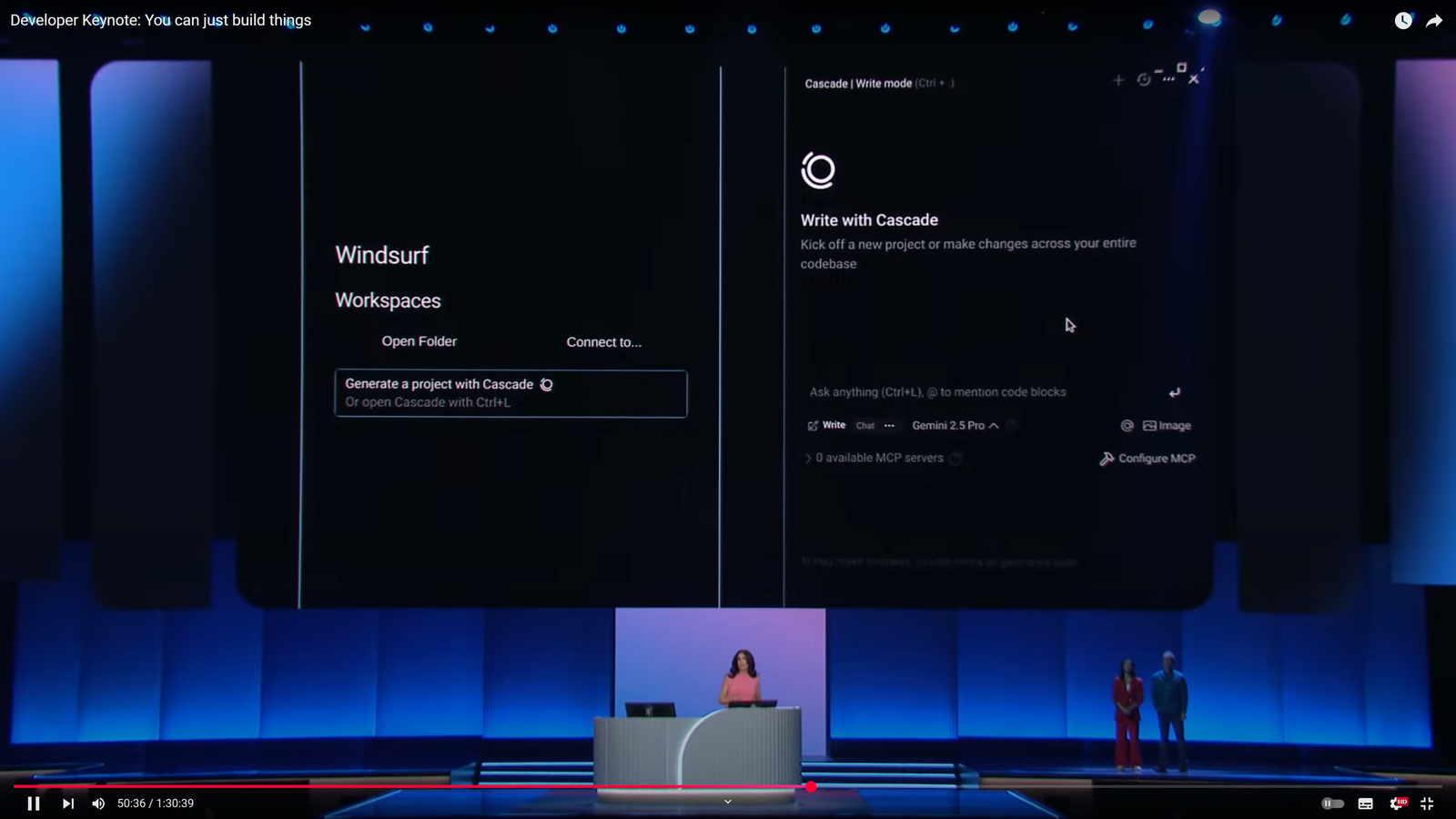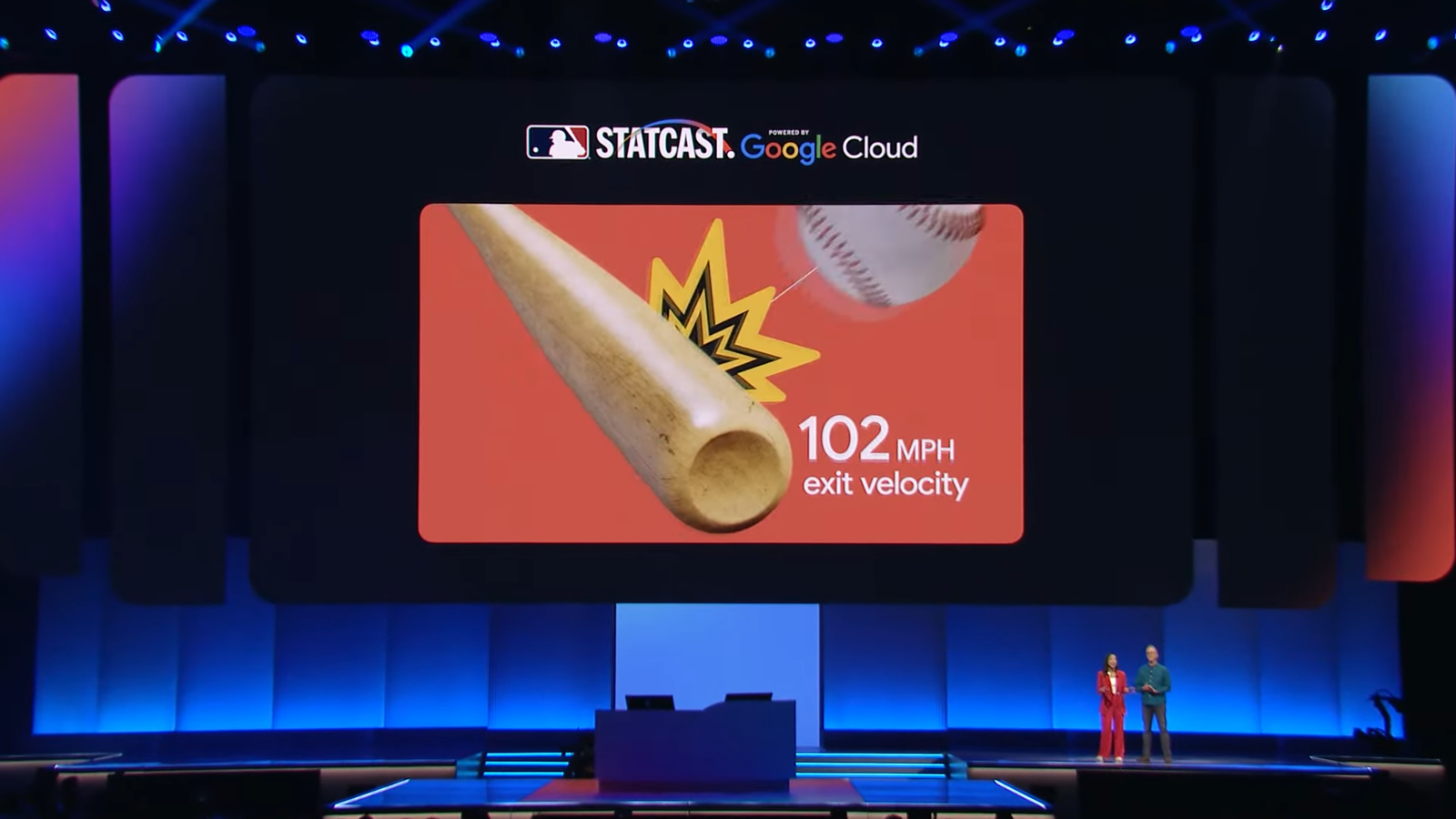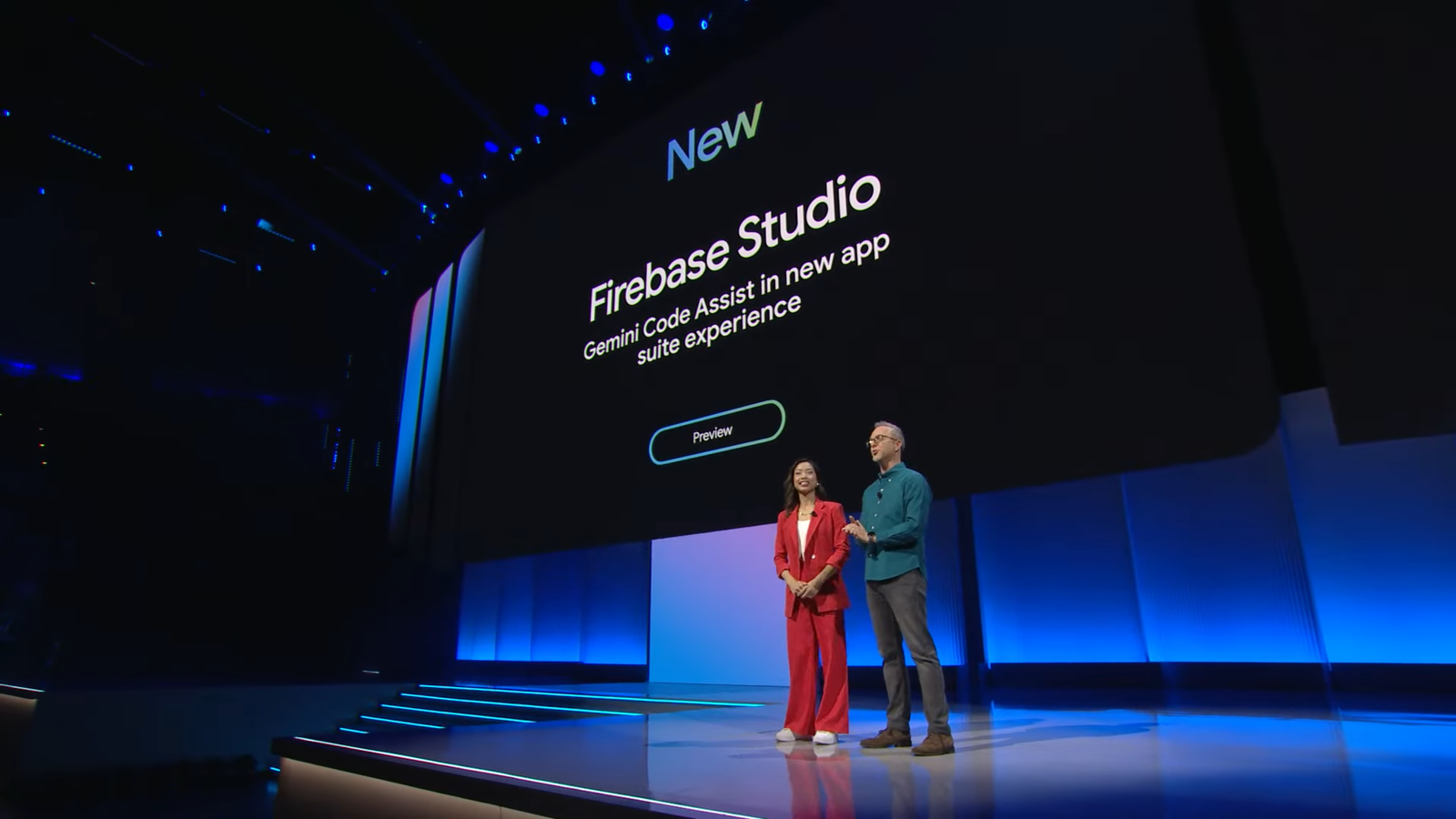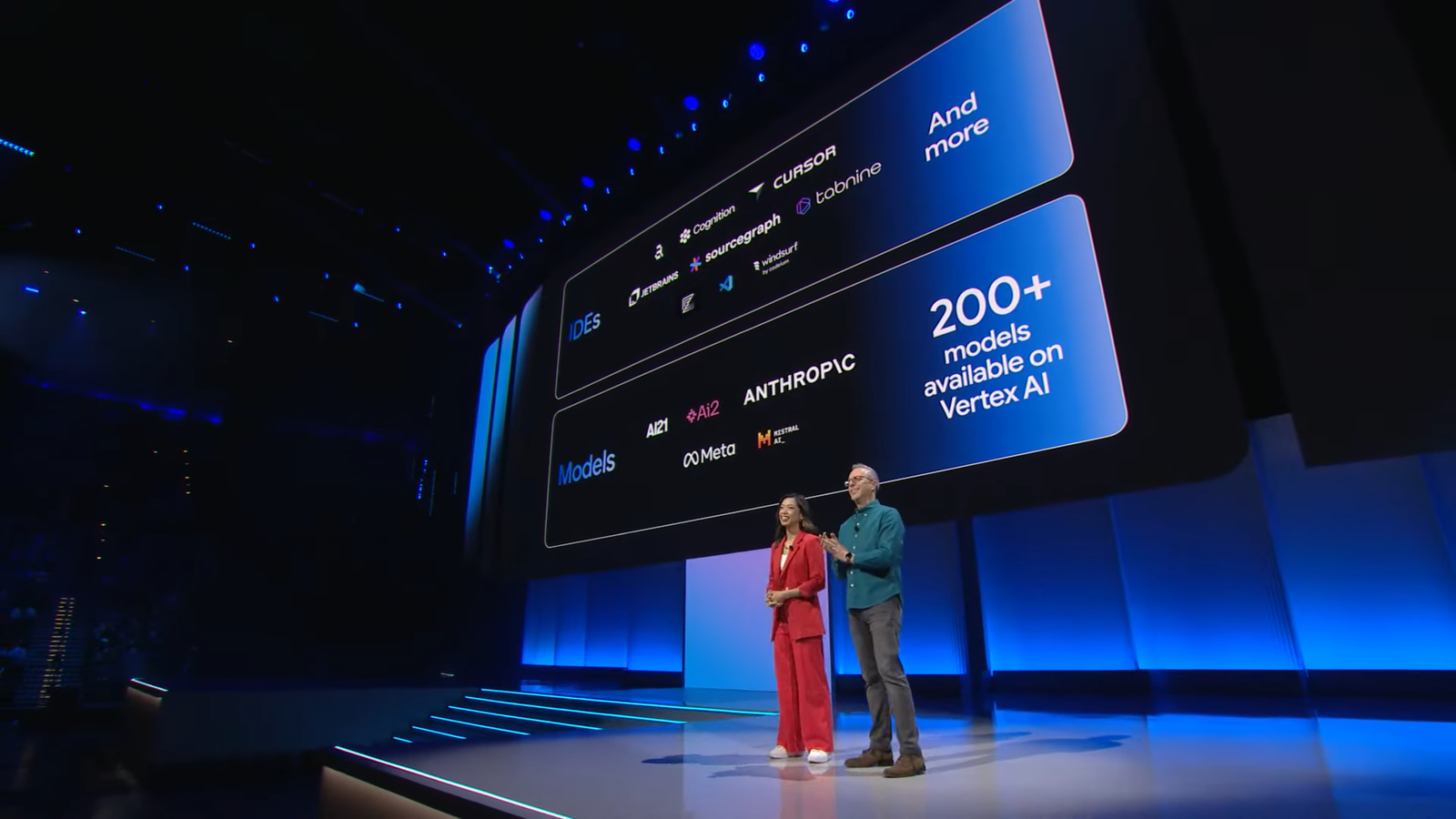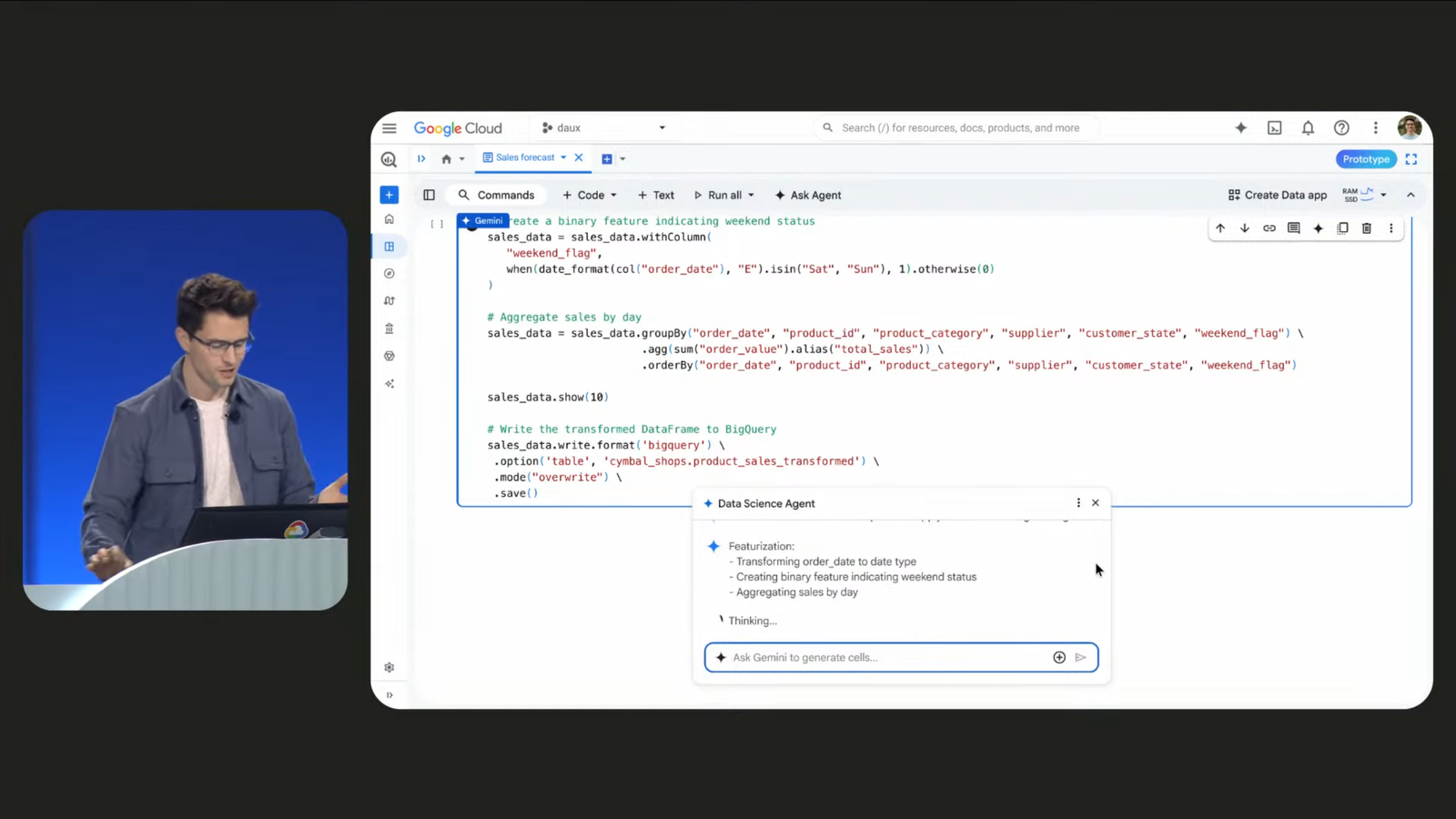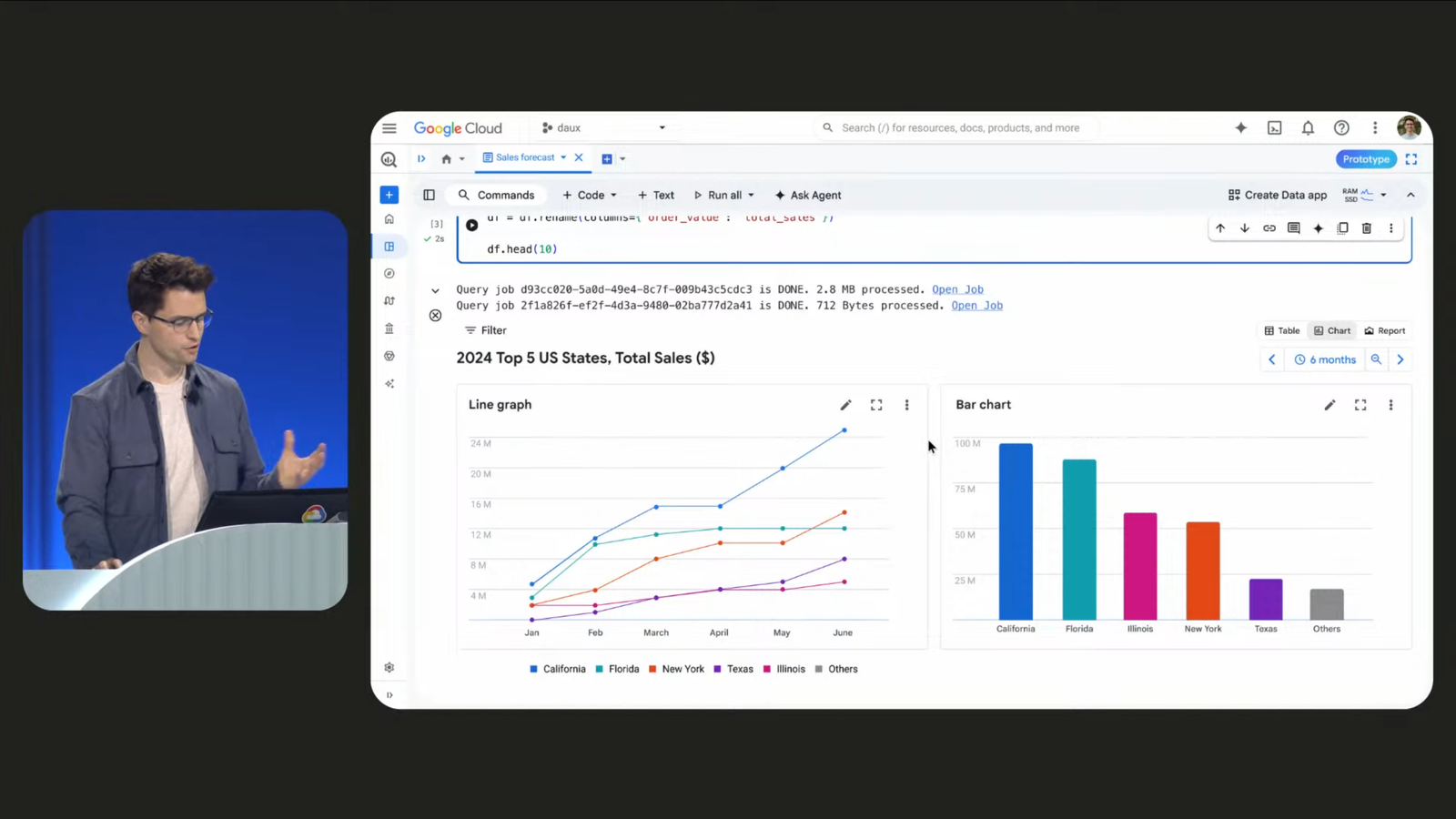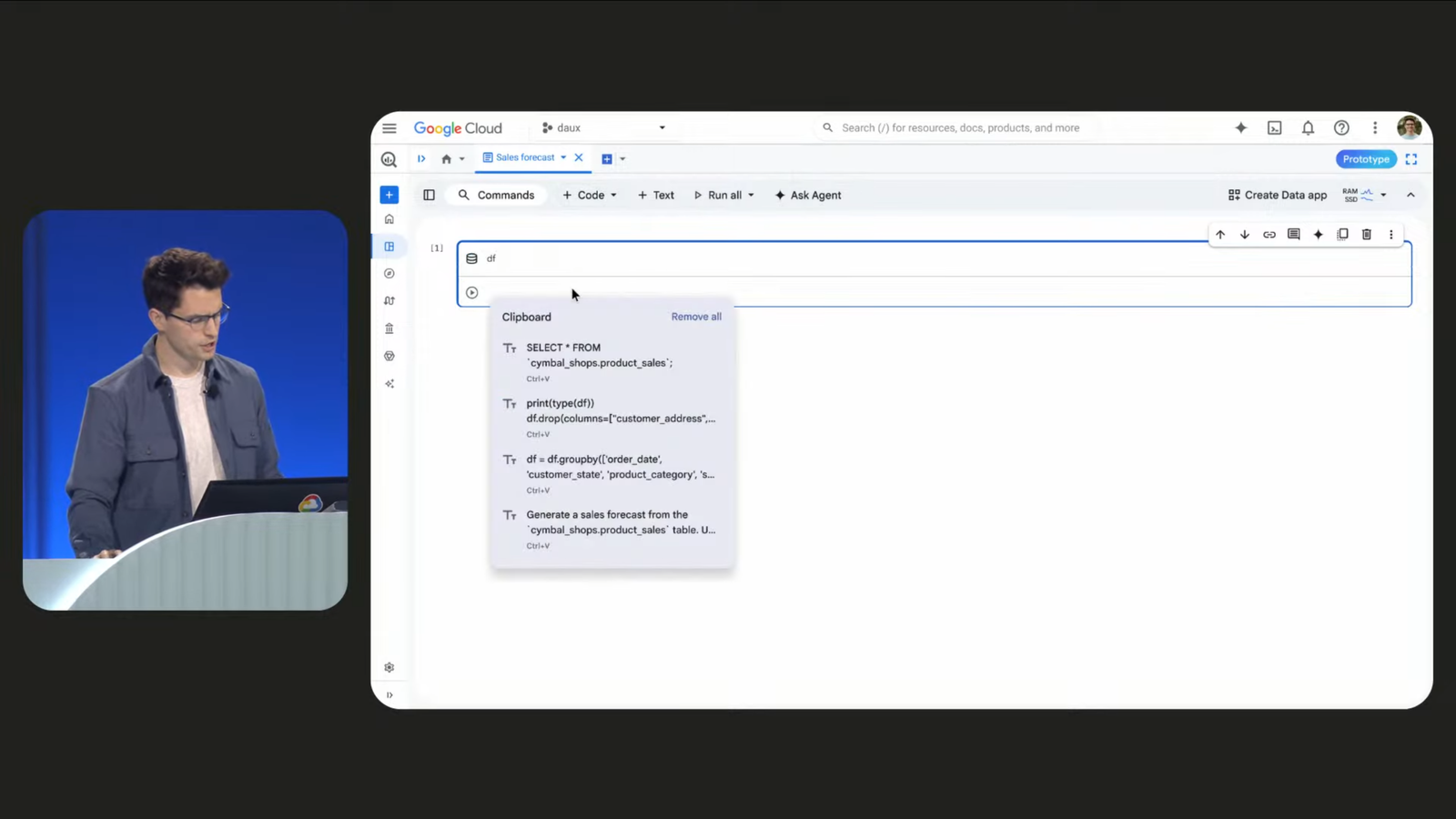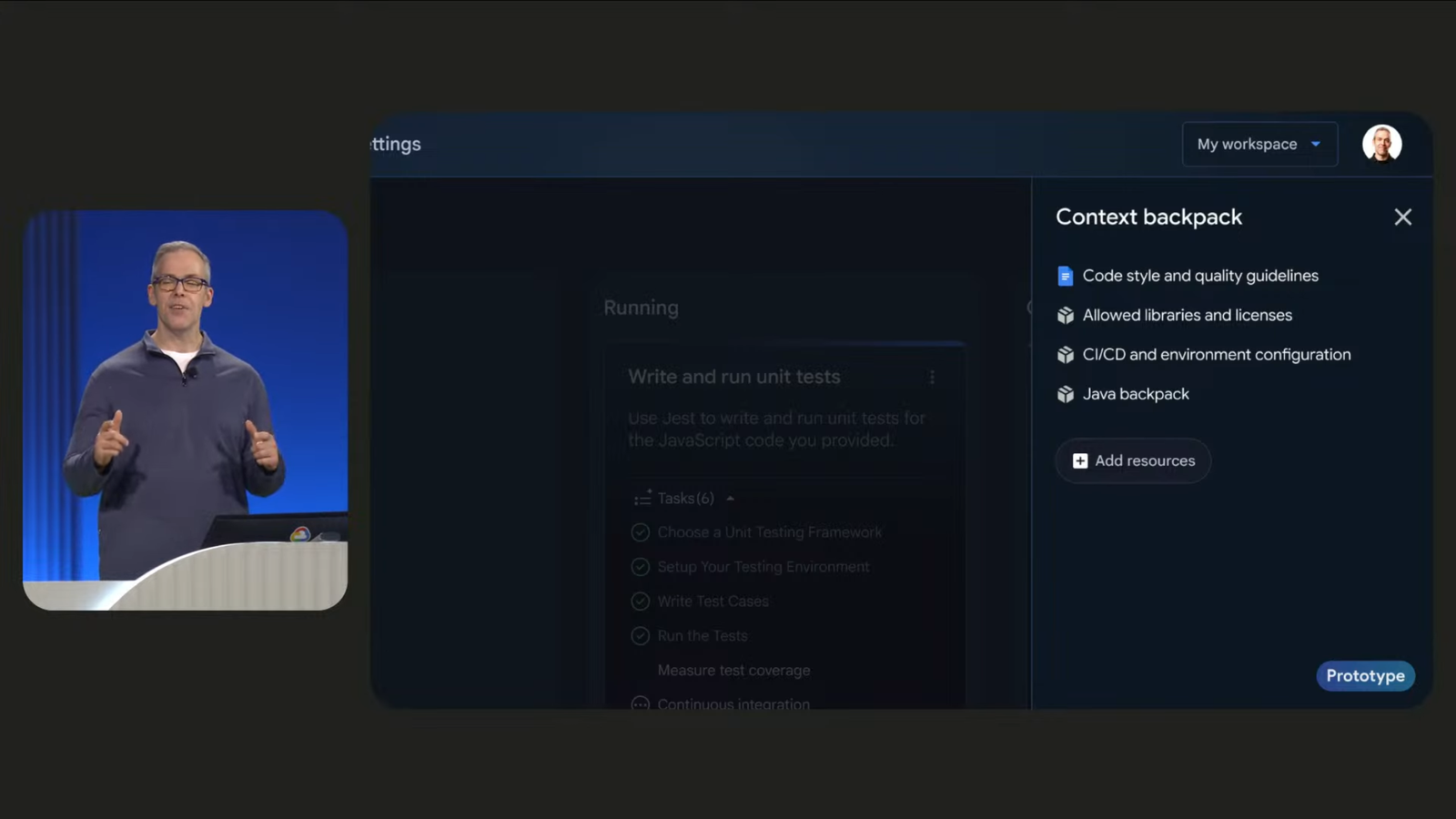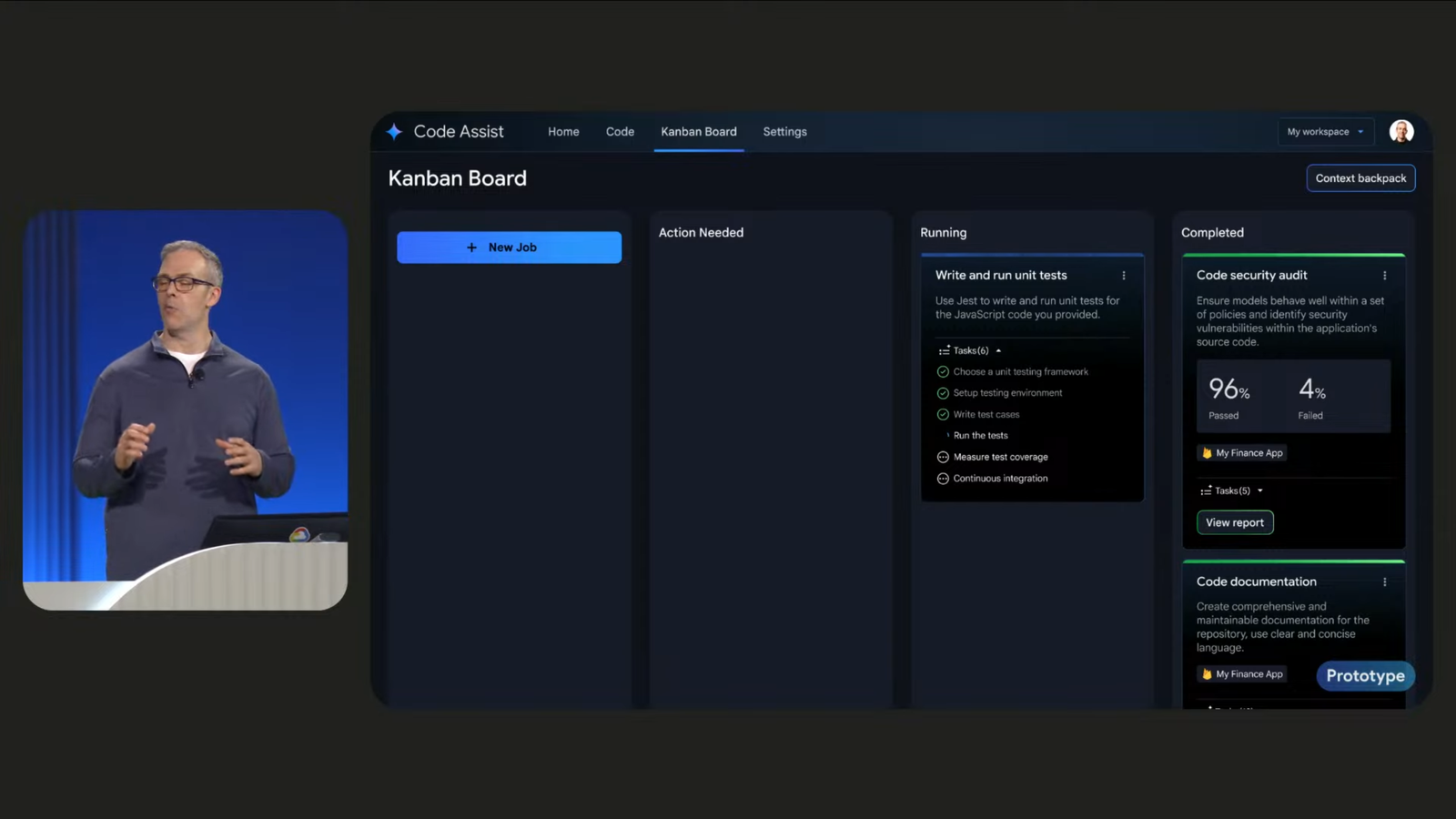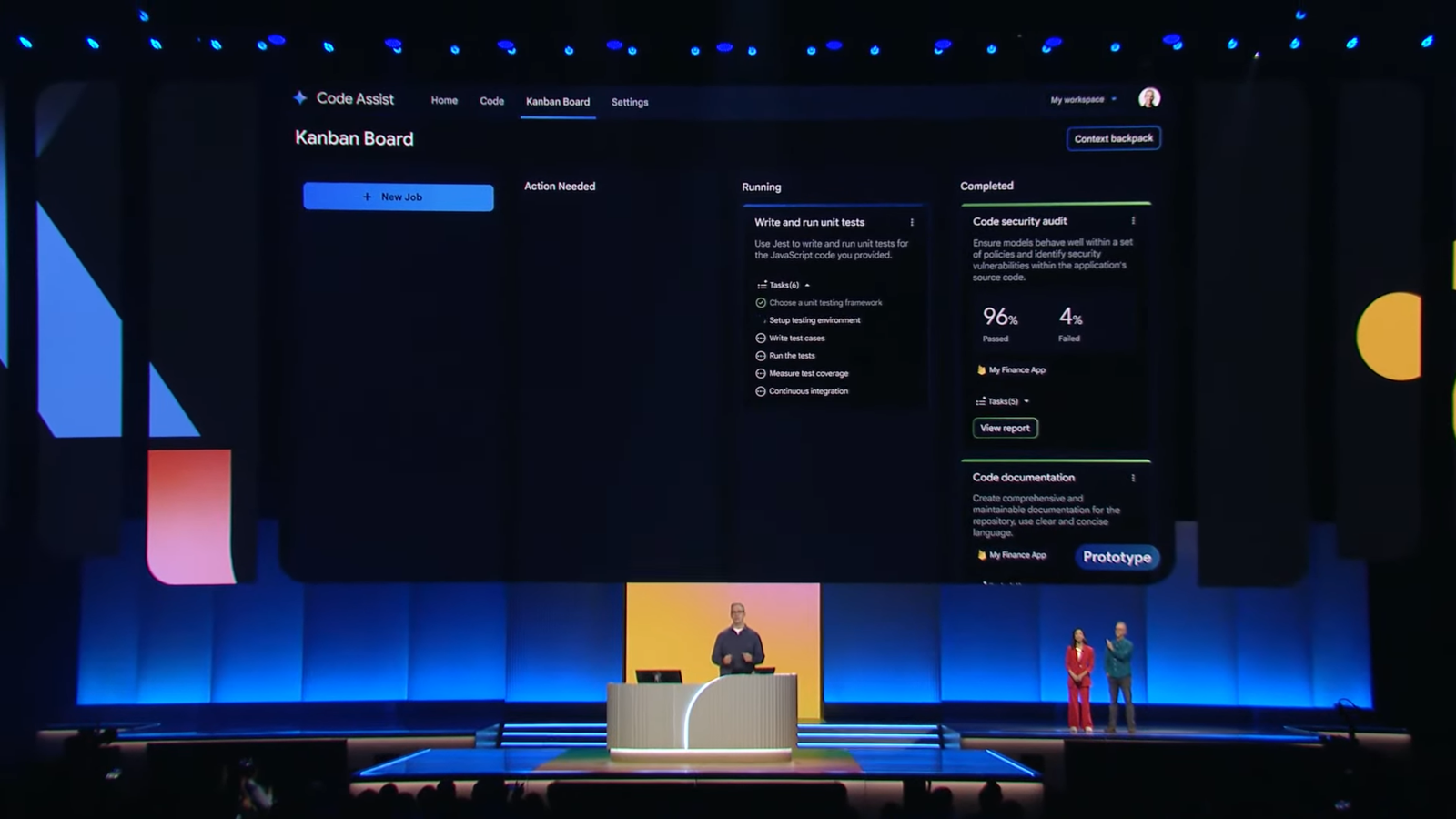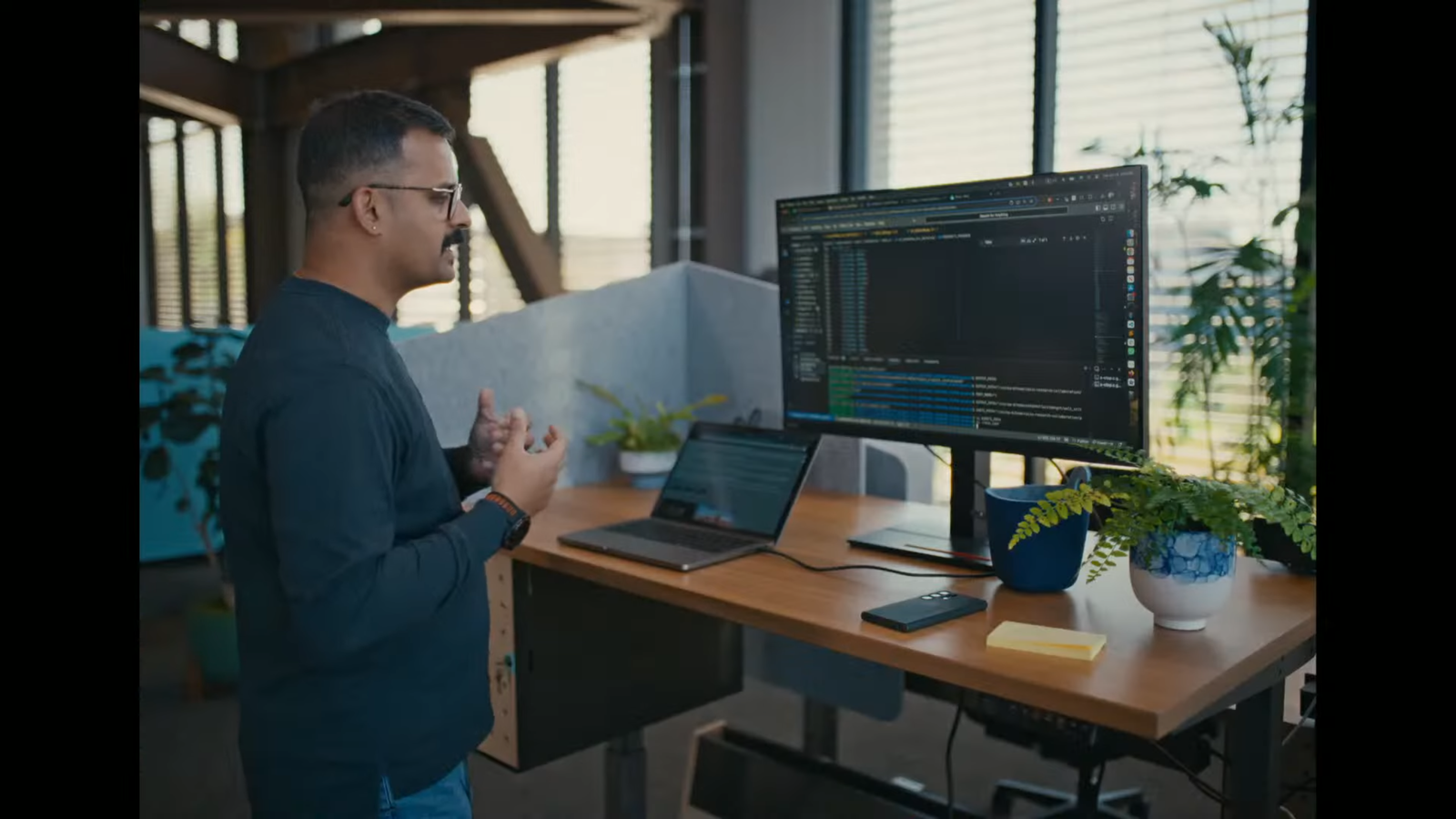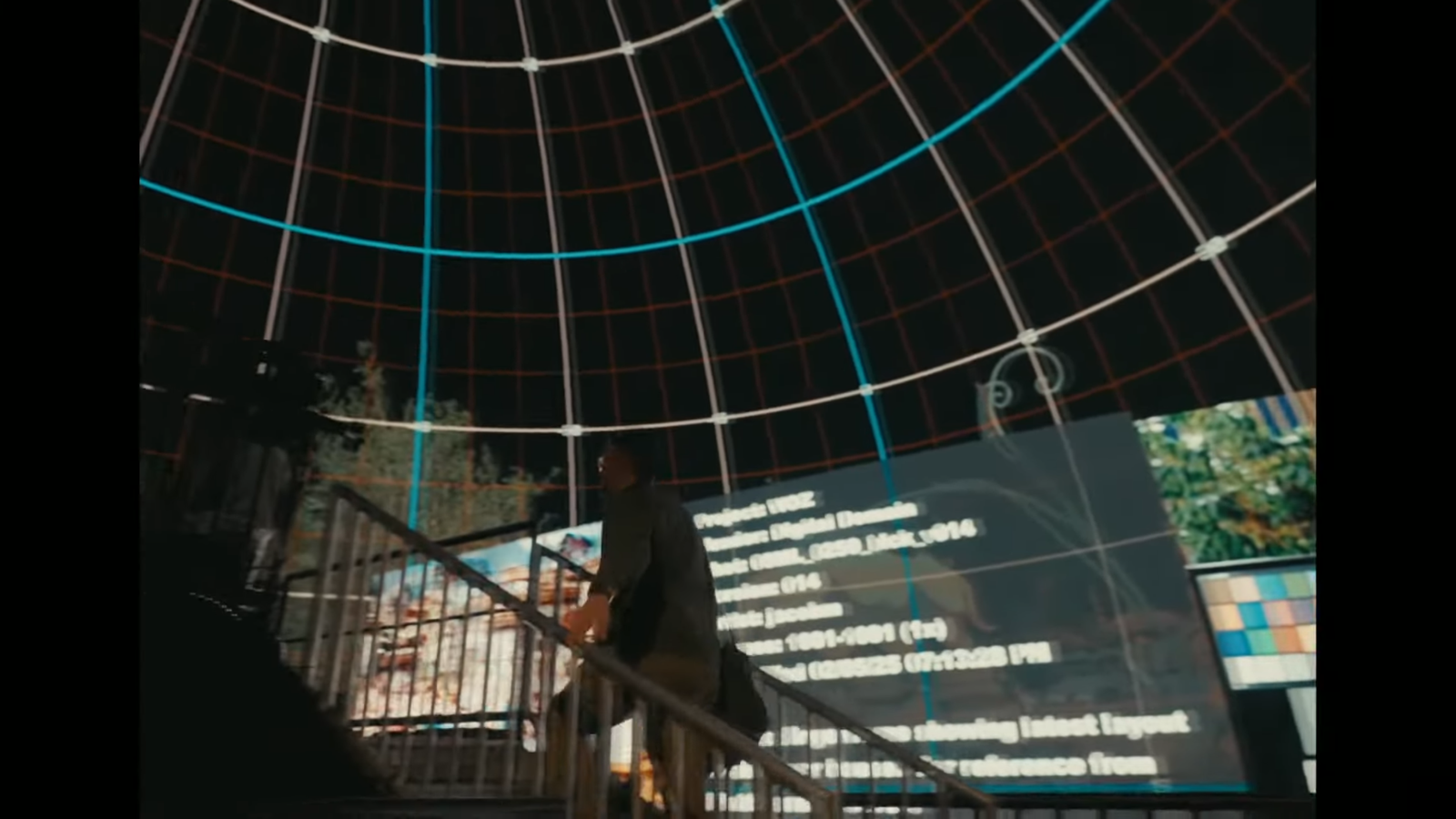Introduction
Technology is transforming significantly, pushing businesses to optimize operations and modernize applications for greater agility, productivity, and innovation.
At the heart of this shift is a focus on defining business value and leveraging a digital base camp to accelerate growth and innovation.
Google Cloud is leading this evolution by advancing software development in three core areas: creating next-generation applications, enhancing developer productivity, and powering seamless, immersive experiences with Gemini AI models.
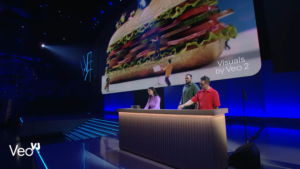

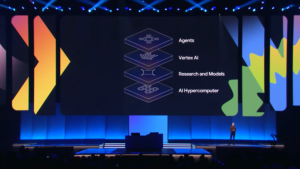
Gemini 2.0 Flash and Long Context Window
Gemini 2.0 Flash showcases the power of AI-driven creativity by reimagining spaces like kitchens in seconds, generating new layouts with features such as a pewter green backsplash and modern appliances.
With its long context window, Gemini allows developers and creators to input full videos, images, or entire codebases, making it ideal for generating complex, context-aware code and enhancing large-scale AI projects.
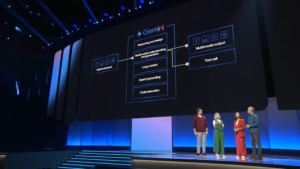
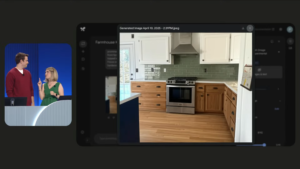
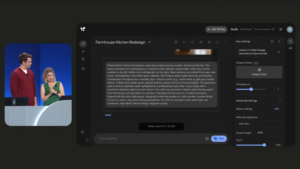
AI Agents and the Agent Development Kit (ADK)
AI agents are intelligent services powered by AI models that perform goal-based tasks—automating workflows, solving complex problems, and boosting productivity.
Google Cloud’s Agent Development Kit (ADK) simplifies the process of building and deploying these agents by providing tools to define instructions, select models, and manage execution.
Fully model-agnostic, the ADK supports popular models like Gemini, Llama, and Claude. It seamlessly integrates tools and delivers reliable output, making it easier for developers to create scalable, efficient AI-powered solutions.
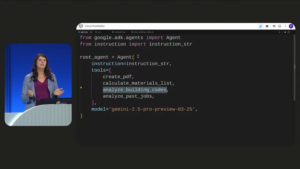
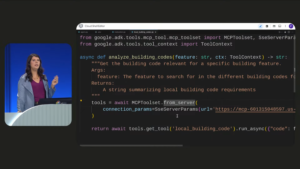
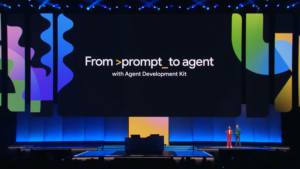
Agentspace and Multi-Agent Systems
Agentspace is a hub for agents that allows developers to build, share, and deploy agents, and it supports third-party models and provides a common surface for access control.
Multi-agent systems can be built using ADK, where multiple specialized agents handle complex tasks. Vertex AI Agent Engine provides a fully managed agent runtime for deploying these systems.
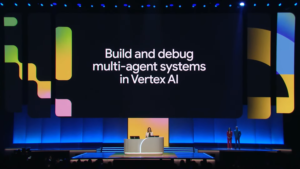
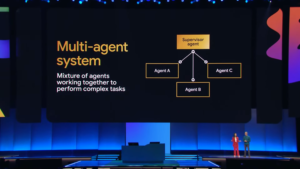
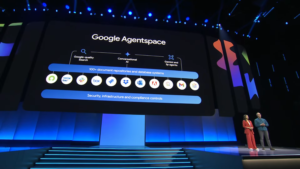
Debugging and Building Multi-Agent Systems
Debugging and fixing agent services can be done using Cloud Investigations, a feature in Cloud Assist that helps diagnose problems with infrastructure and code issues.
Developers can use the Agent Development Kit to build multi-agent systems, with key takeaways including understanding the specialization of each subagent, identifying the root agent, and handling context and state.
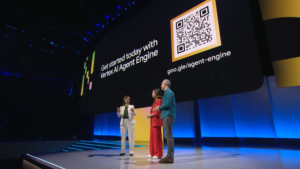
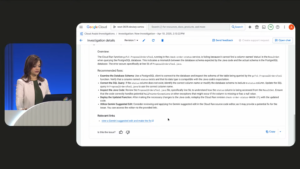
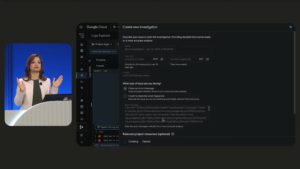
Agent2Agent Protocol and Cloud Investigations
The Agent2Agent protocol makes it easier to discover and connect agents, especially those from different ecosystems or vendors, and is open source, with over 50 other companies participating.
Cloud investigations can help identify and fix code issues across multi-agent systems, saving developers time and resources.
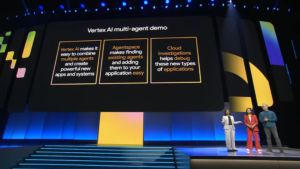
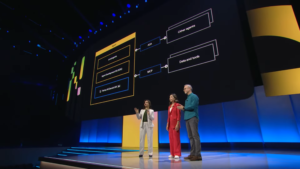
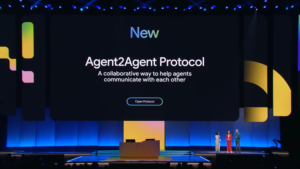
Developer Tools and Model Garden
Developers can use Gemini in their preferred IDE, supporting Windsurf, Cursor, IntelliJ, and other tools, allowing seamless integration and coding.
Vertex AI’s Model Garden provides access to over 200 models, including popular ones like Llama, Gemma, and Anthropic, enabling developers to choose the best model for their specific task or use case.
Developers can use the Vertex AI SDK to deploy models from Model Garden, minimizing latency and simplifying security, with examples shown in Visual Studio Code.
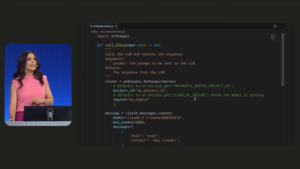
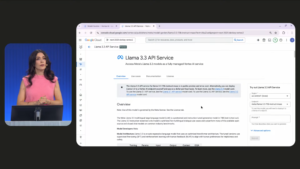
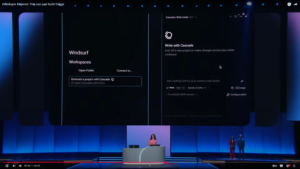
Gemini 2.5 Pro and Broader AI Impact
Gemini model 2.5 Pro is now available in Gemini Code Assist for individuals, and it has been integrated into various developer surfaces, including Android Studio and Firebase.
The impact of AI extends beyond coding, and it can be used to analyze and improve various aspects of life, such as sports, with the help of Google Cloud and Gemini.
Jake DiBattista, the grand prize winner of the Google Cloud MLB hack-a-thon, used Gemini and Vertex AI to build a fully customizable prompt generator for analyzing pitches, which both professional and amateur players can use.
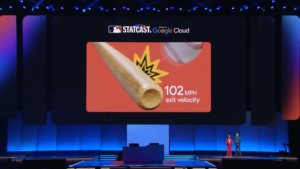
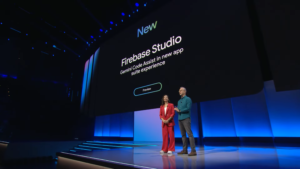
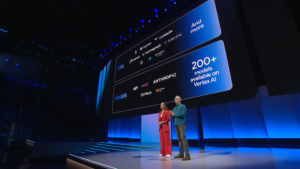
Data Science Agent and TimesFM
A data science agent is used to forecast sales by loading data into a Python data frame and executing code over tables of any size, with the ability to drop columns and aggregate data.
The agent can generate and execute code, which allows for a collaborative process with the ability to go back and forth in simple natural language. It can also use Spark for feature engineering.
A new Google Foundation model called TimesFM is used for forecasting, which is pretrained on massive time series data sets, allowing for easy forecasting by inputting data.
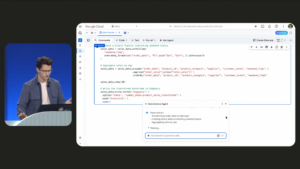
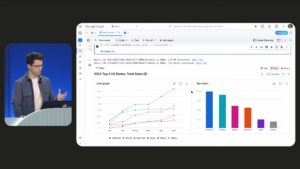
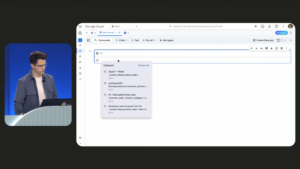
Gemini Code Assist and Kanban Board
Gemini Code Assist is introduced as a new way to develop software, providing an extra pair of coding hands to help create applications and remove repetitive tasks.
The Code Assist Kanban Board allows for the orchestration of agents to help in all aspects of the software development life cycle.

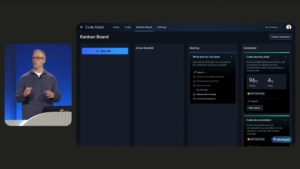
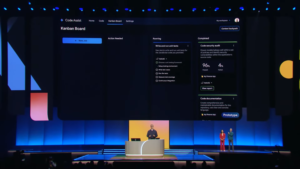
Veo and Immersive Experiences
Veo technology creates immersive experiences, such as a fully immersive version of the 1939 film “The Wizard of Oz” at The Sphere.
To achieve this, the team overcame several challenges, including super resolution, outpainting, and performance. It used AI to train on the original movie material and reconstruct a memory of the film.
Veo is a super-resolution model that takes low-resolution input and produces high-resolution output. It is one of the most significant super-resolution breakthroughs, enabling new stories to be told in new ways.
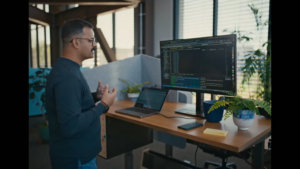

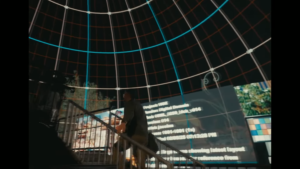
Summary
Google Cloud Next 2025 unveiled innovations like Gemini 2.5, AI Agents, and Veo for immersive experiences. Highlights included the Agent Development Kit, long context window, and Model Garden. These tools boost developer productivity, modernize software development, and drive digital transformation, empowering businesses to innovate with speed, intelligence, and agility.

